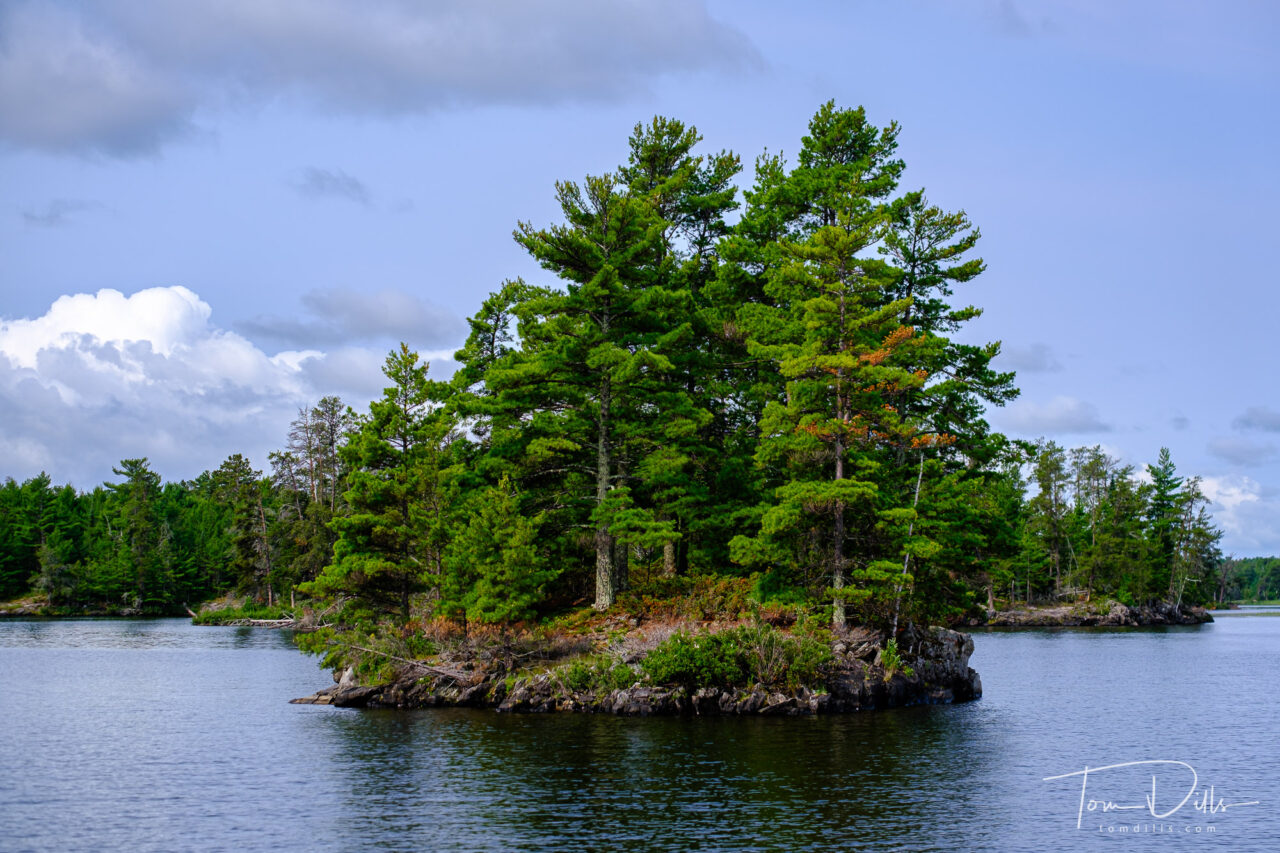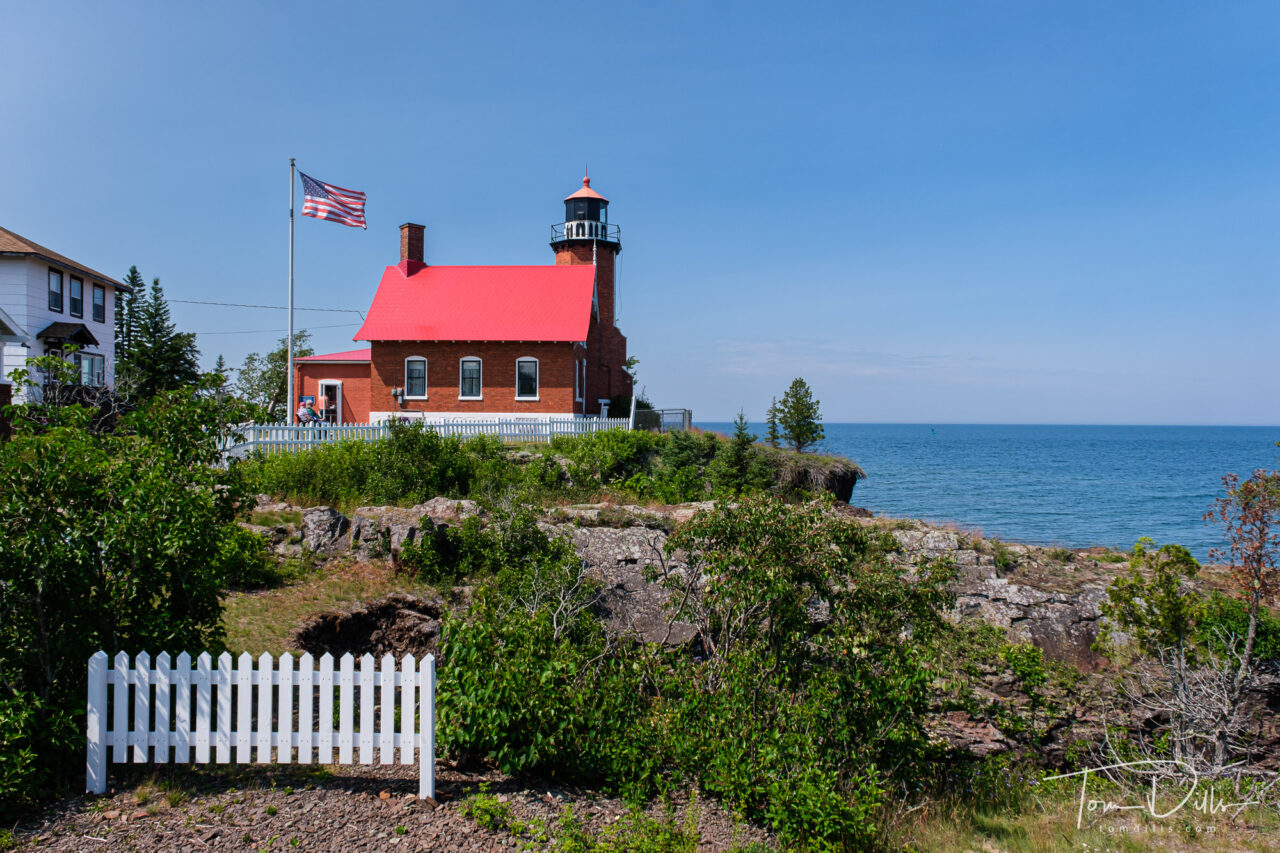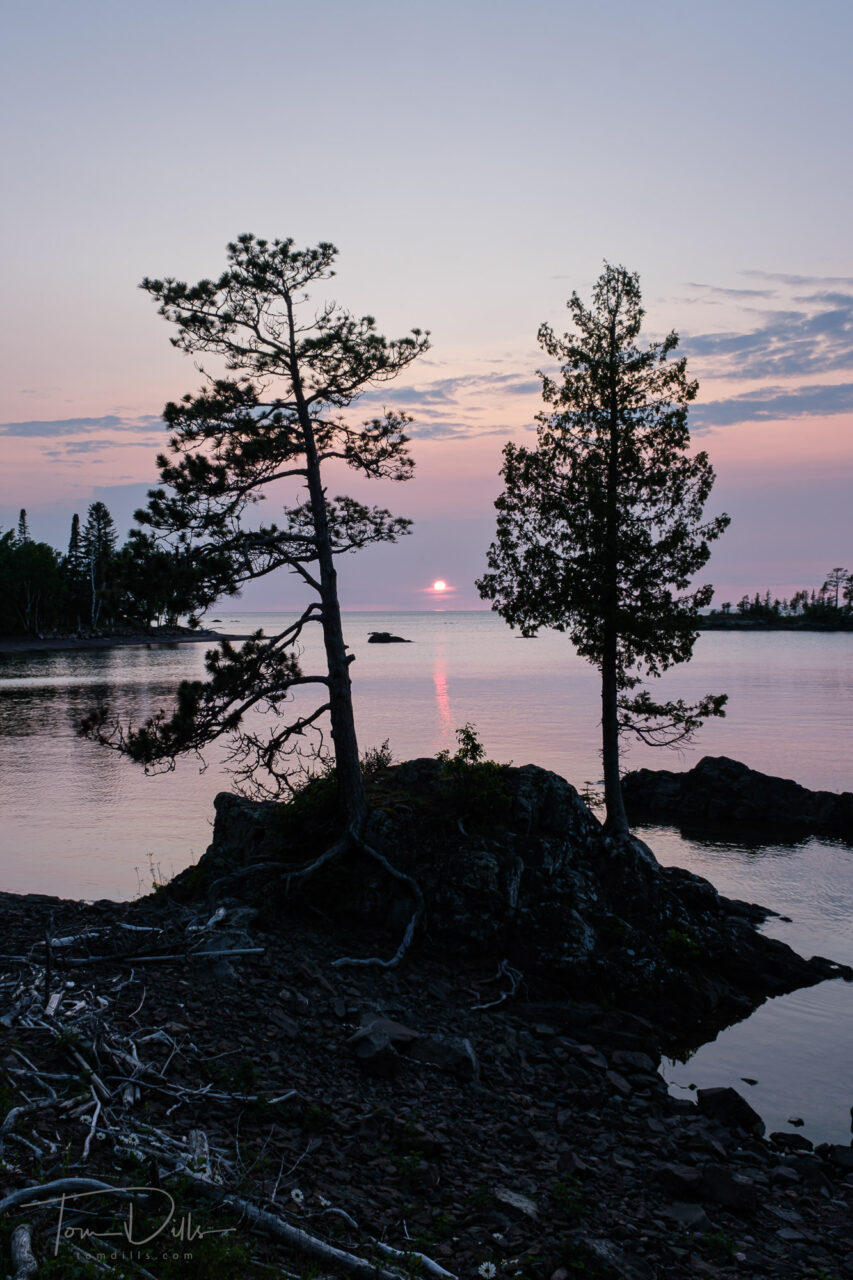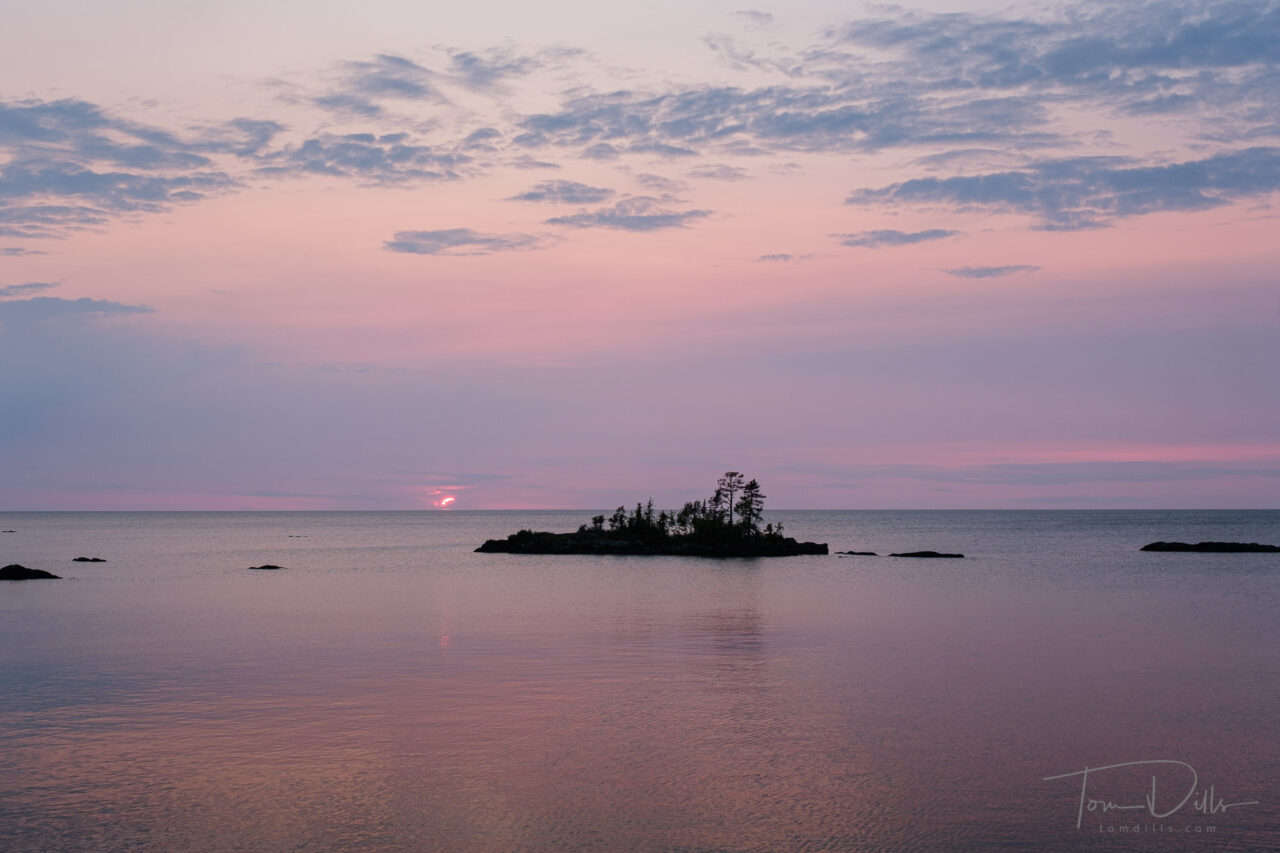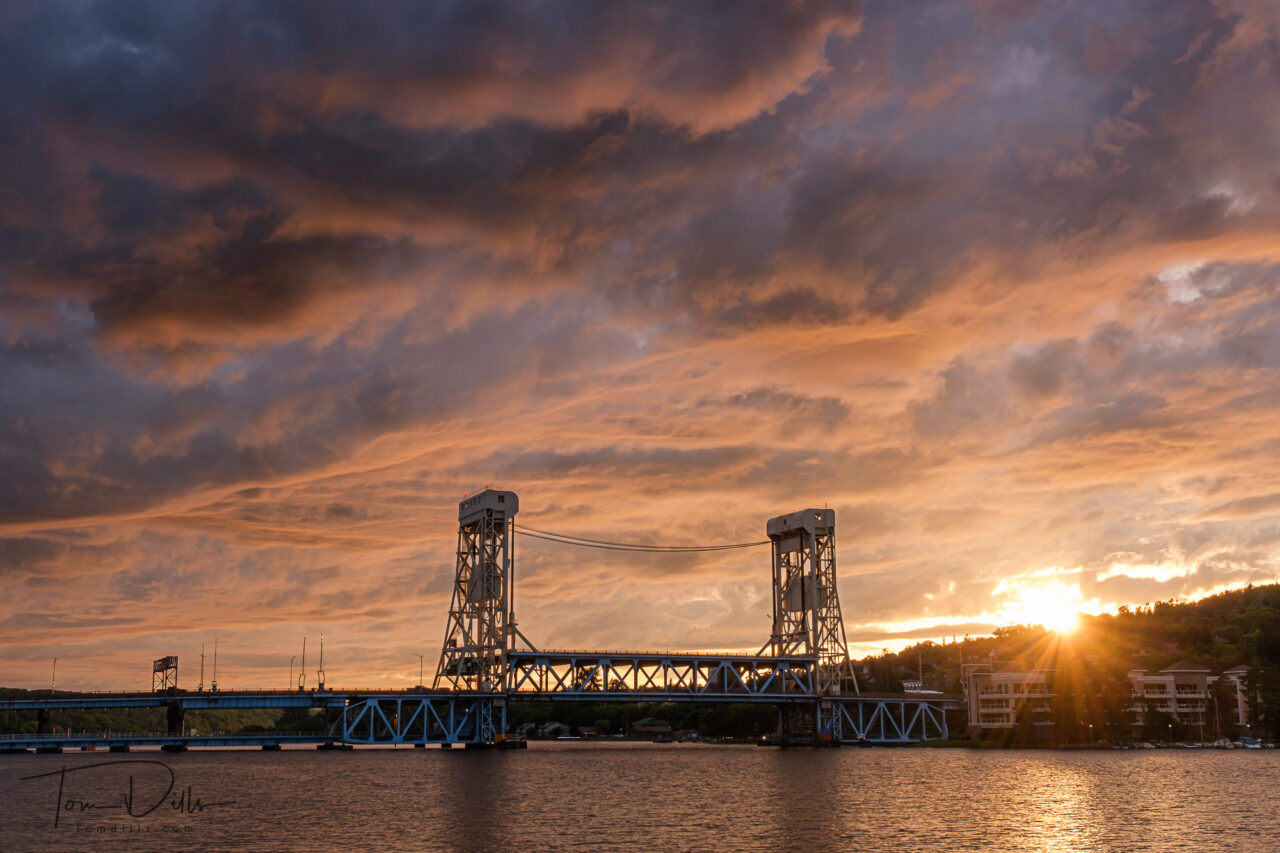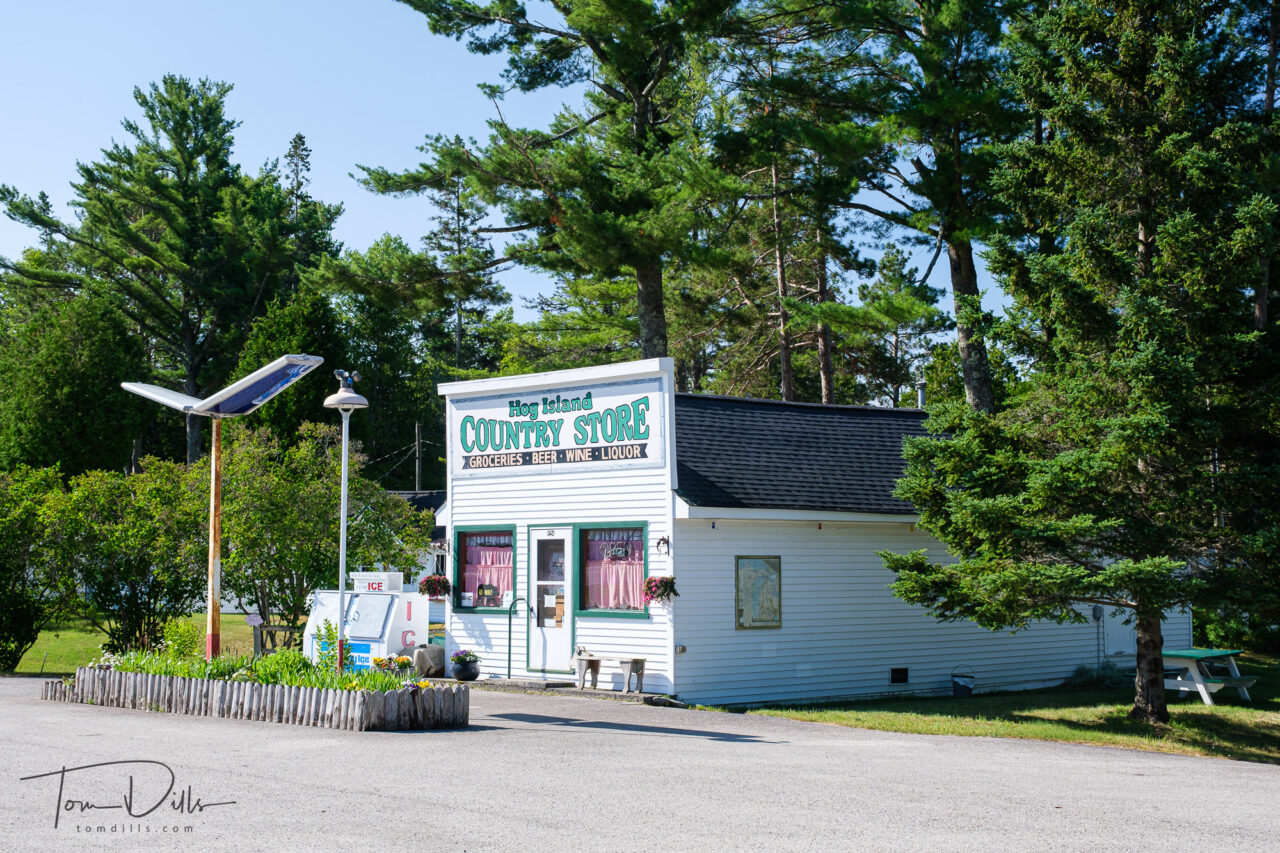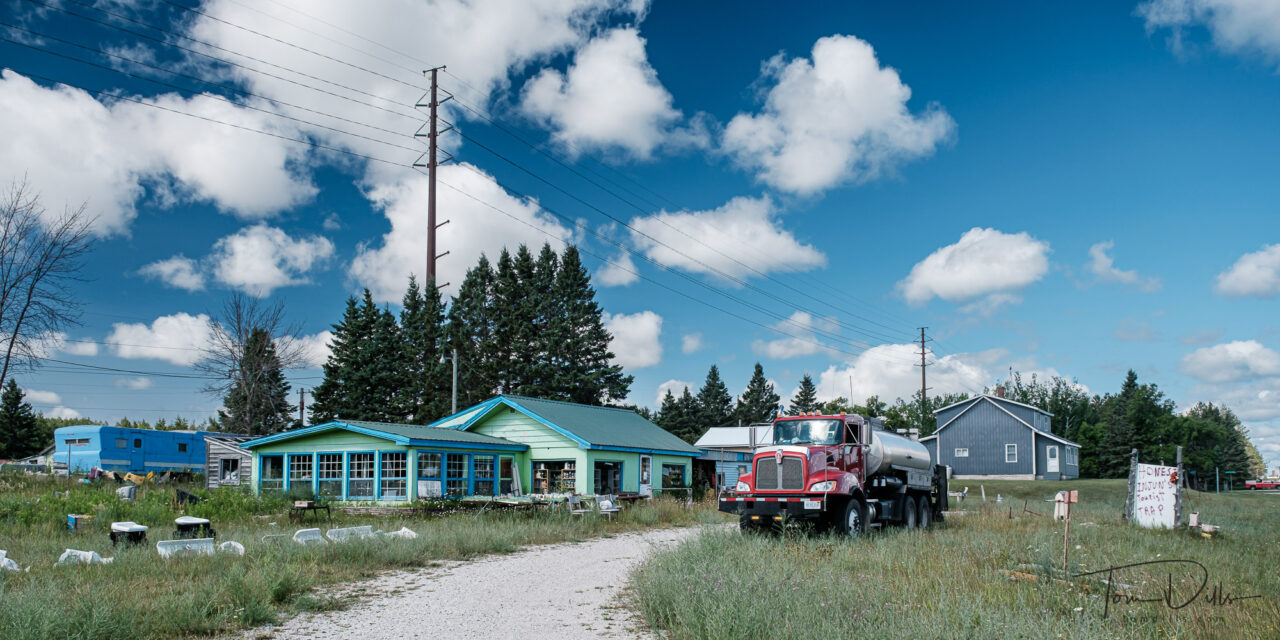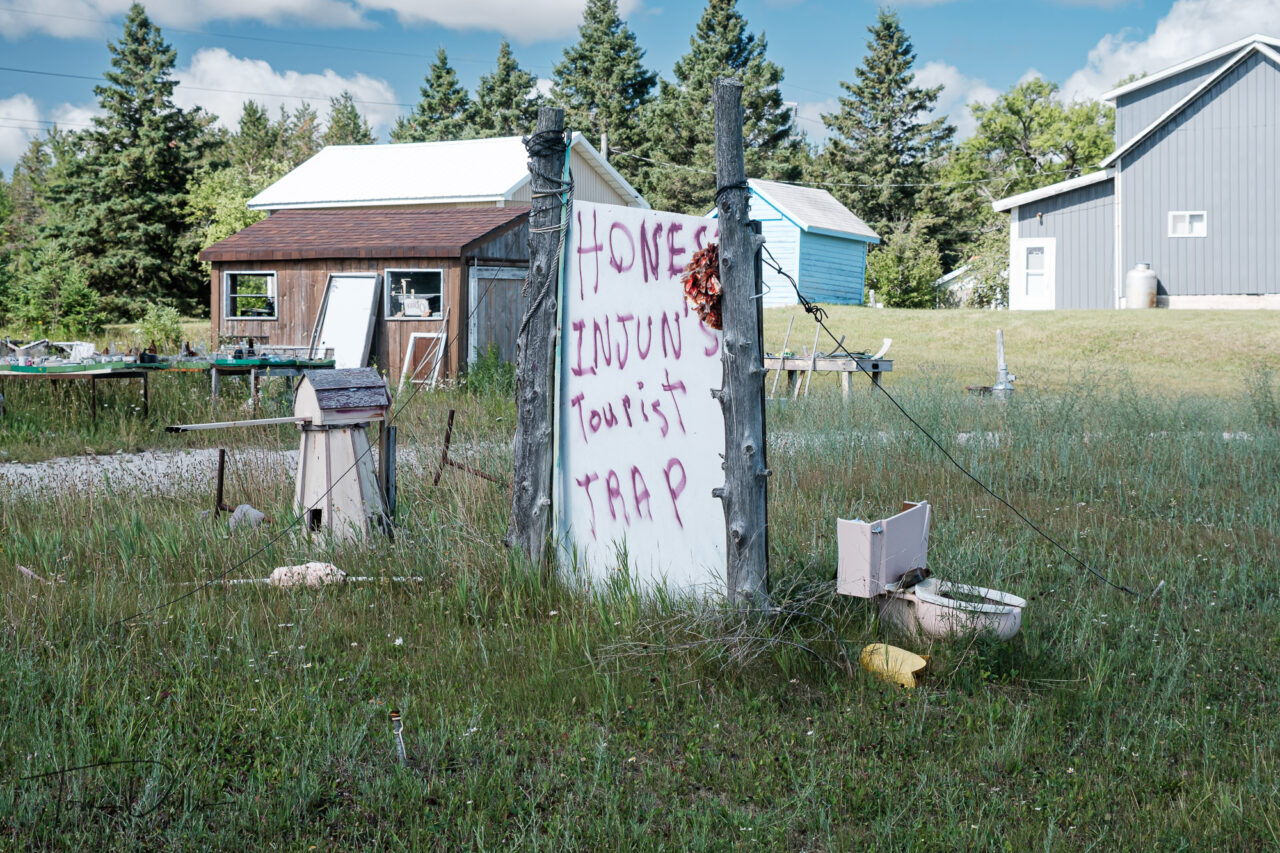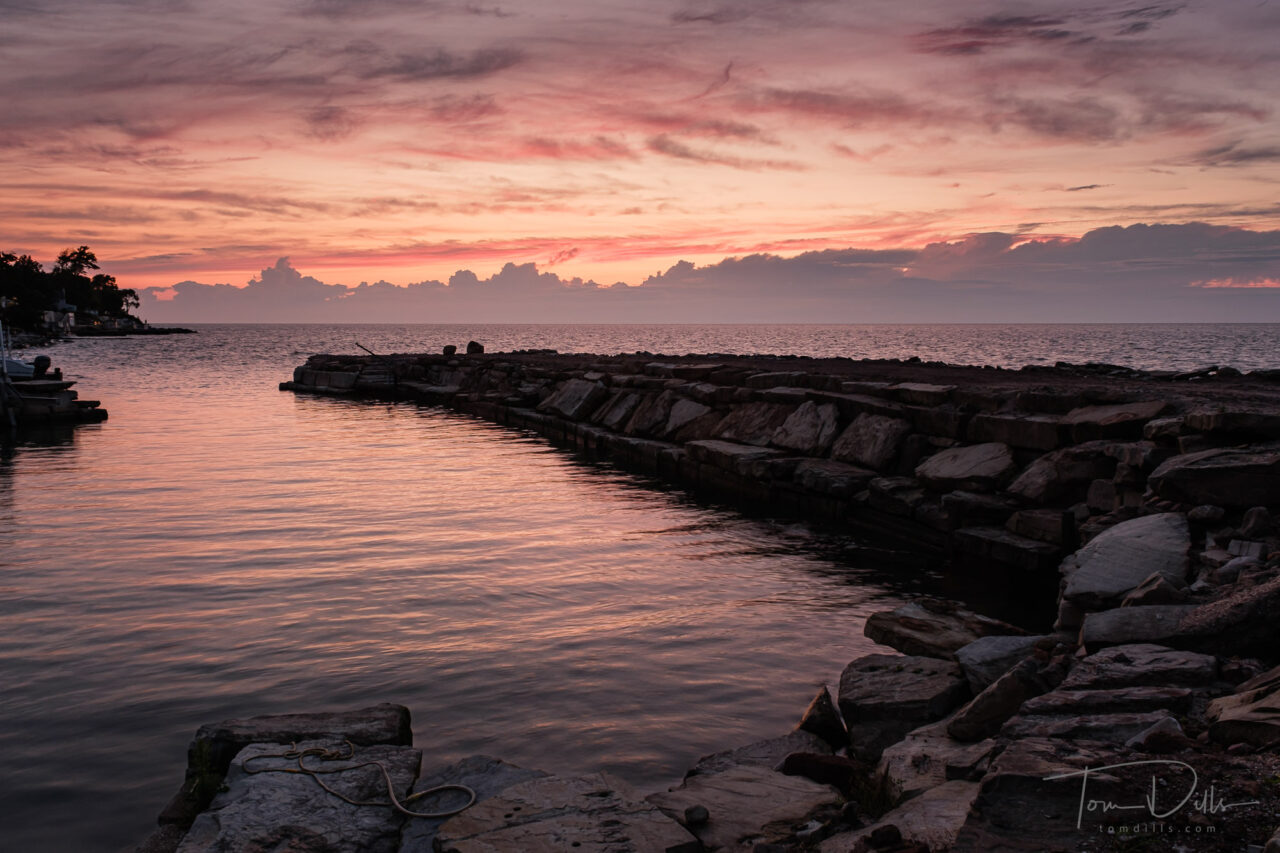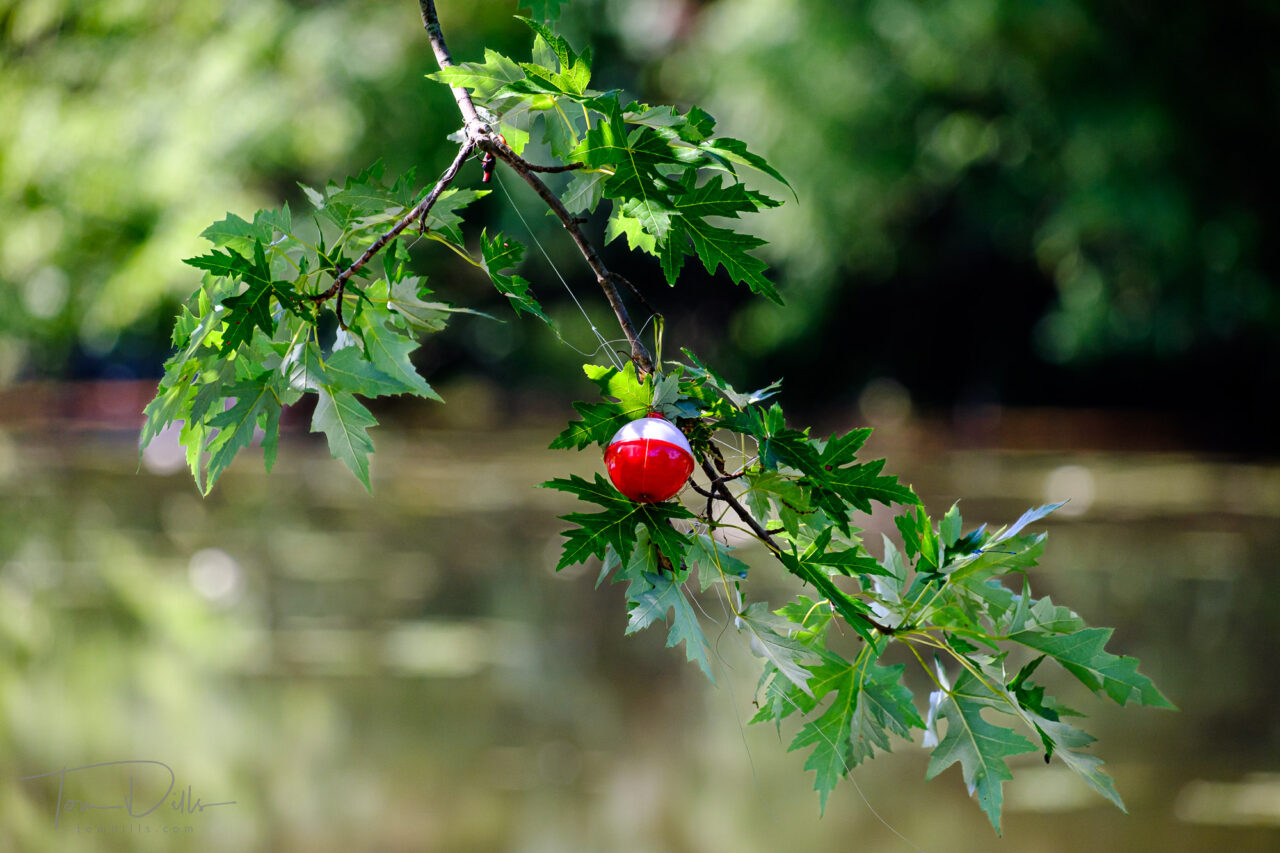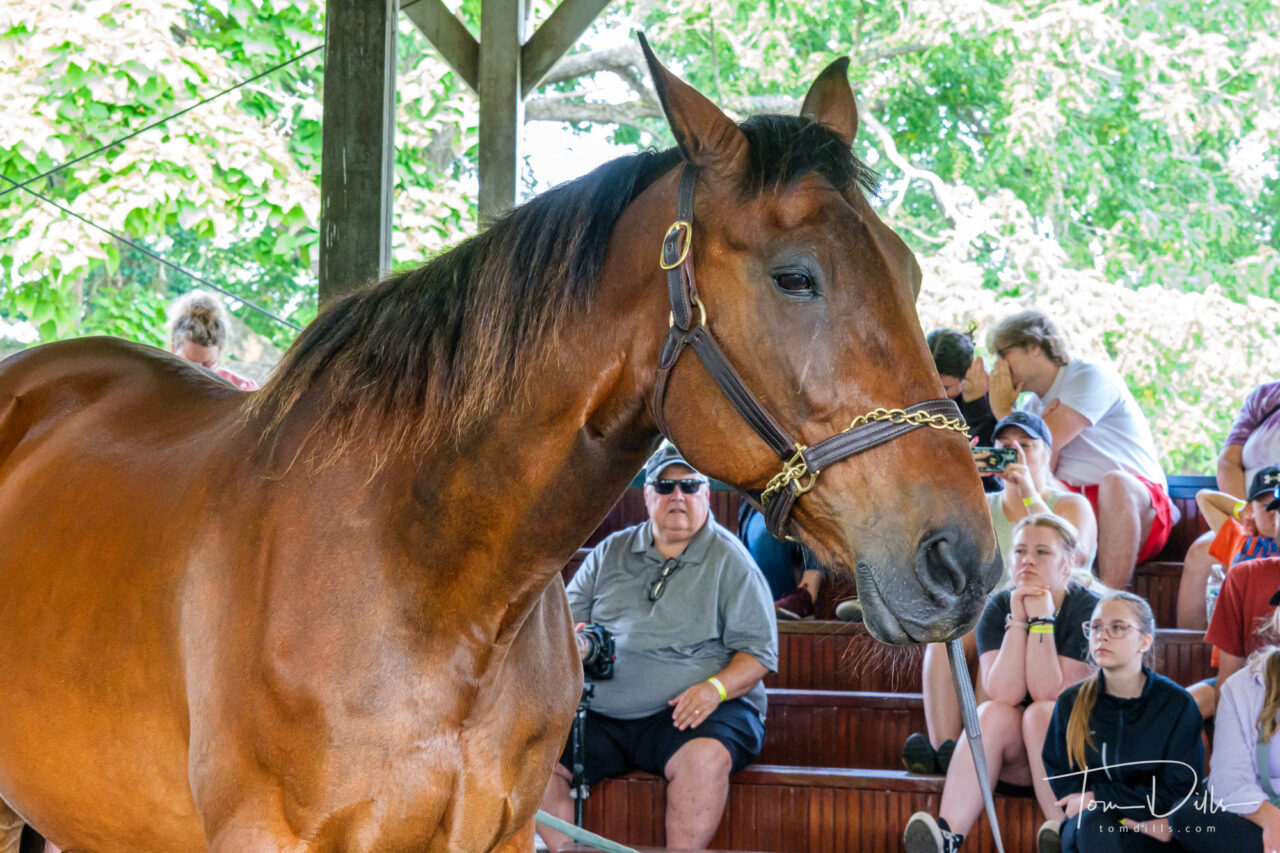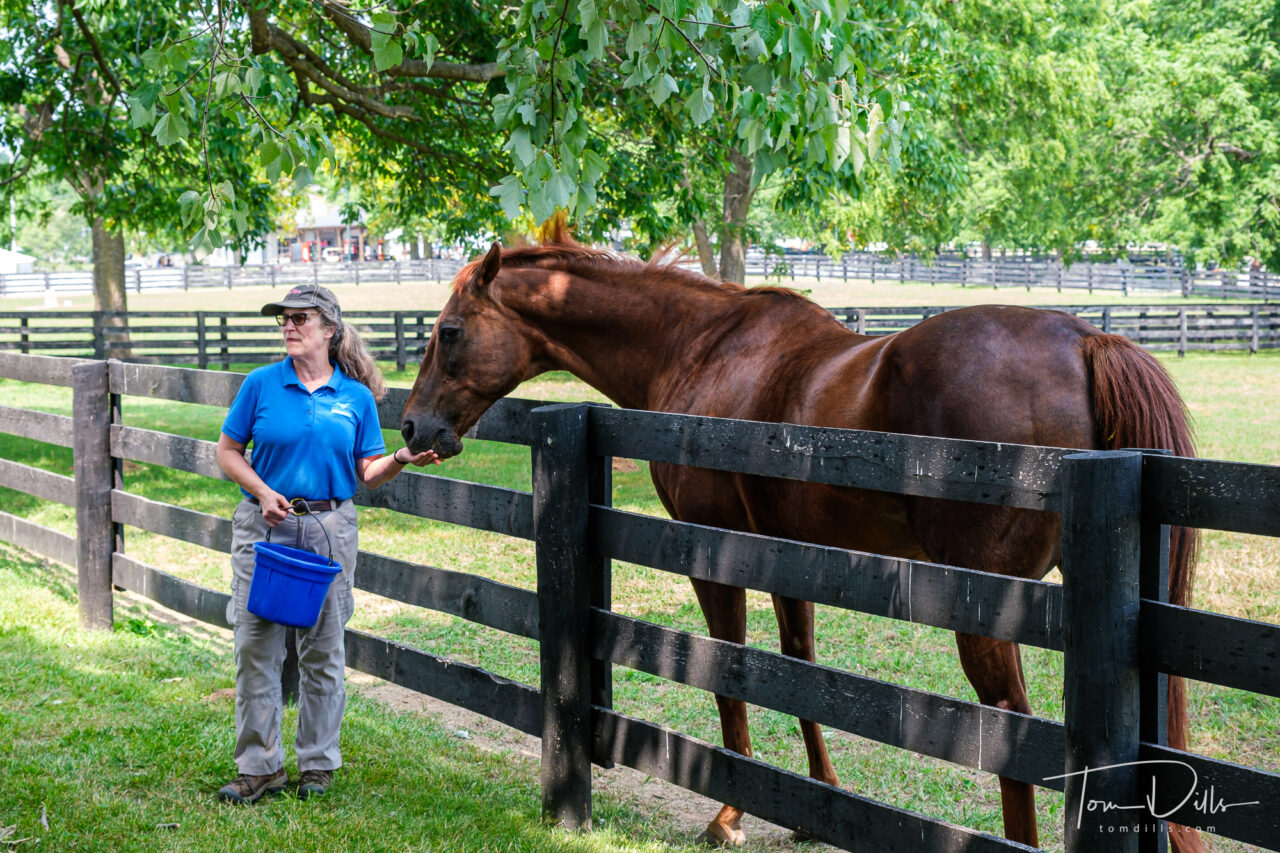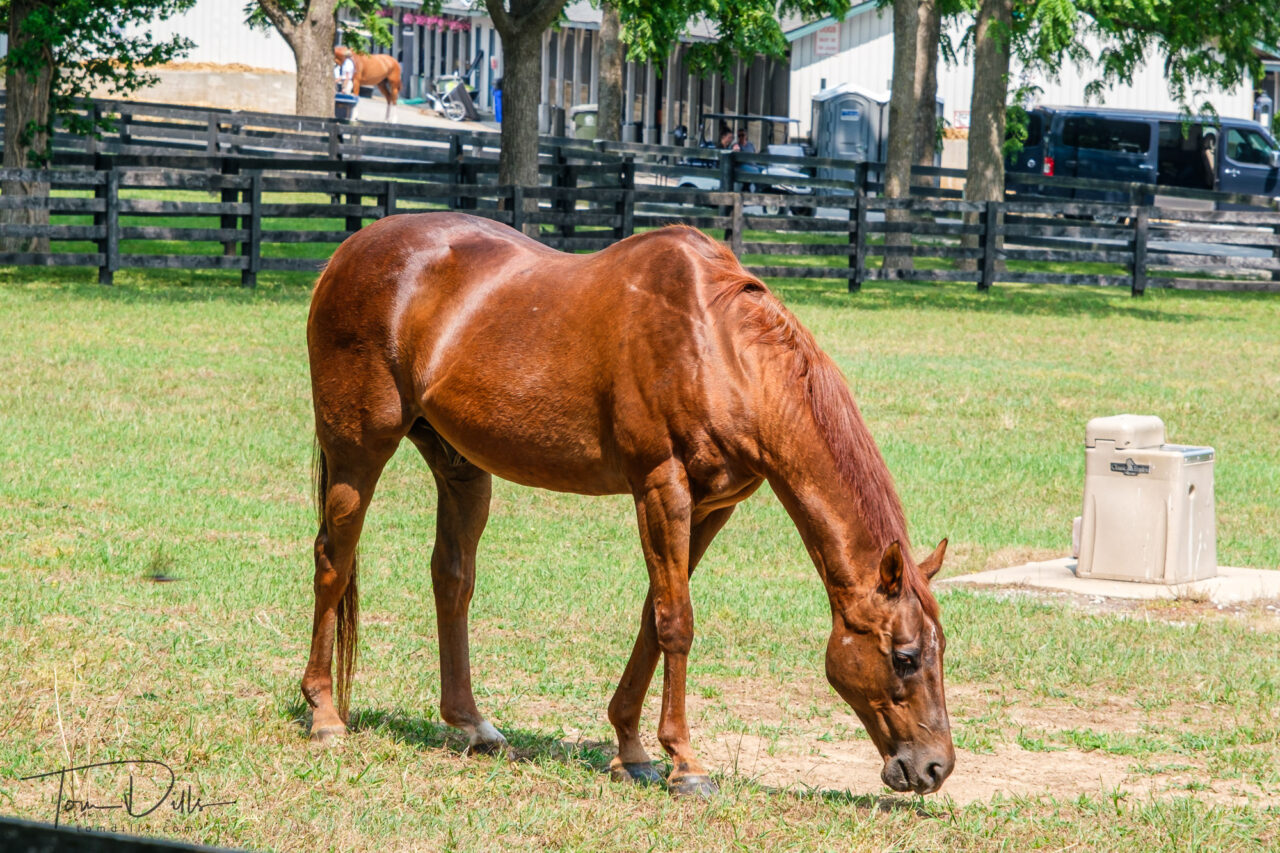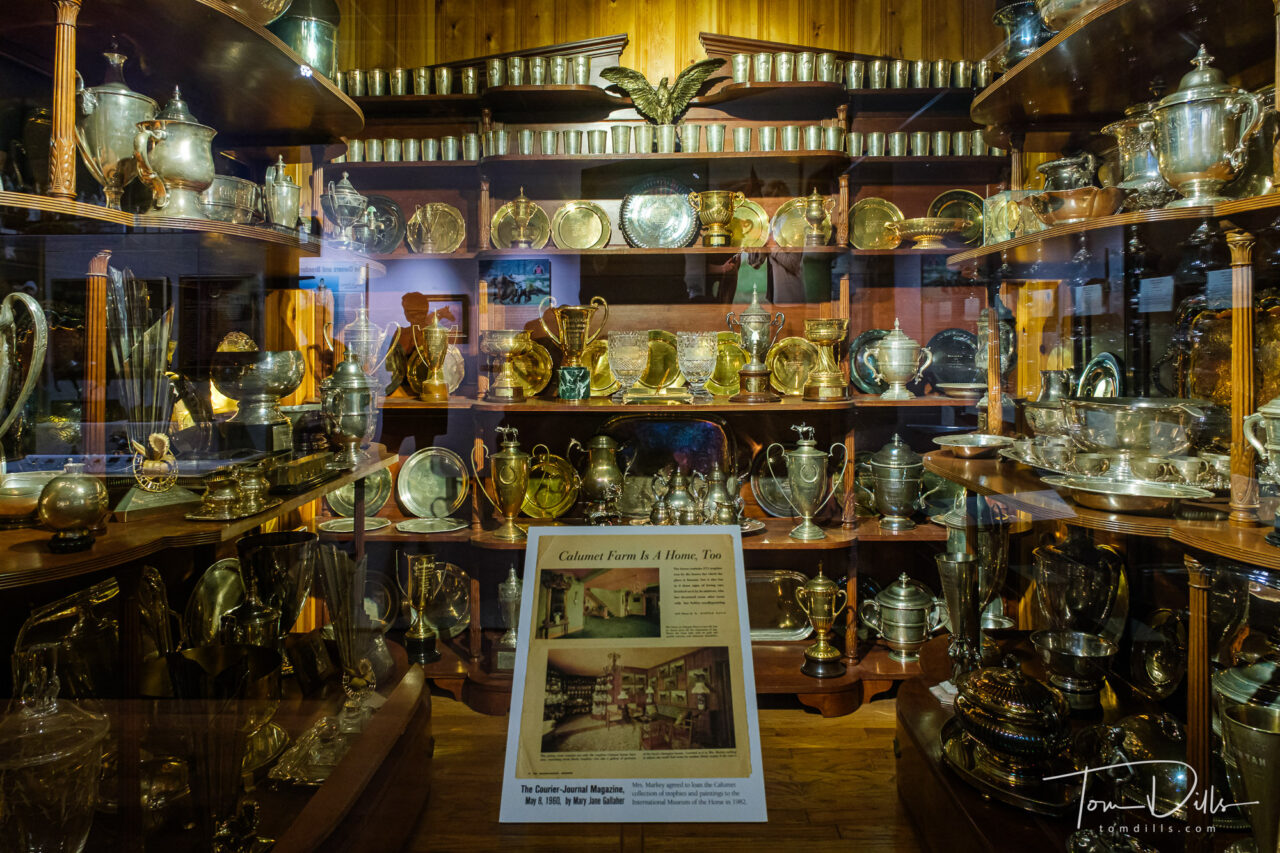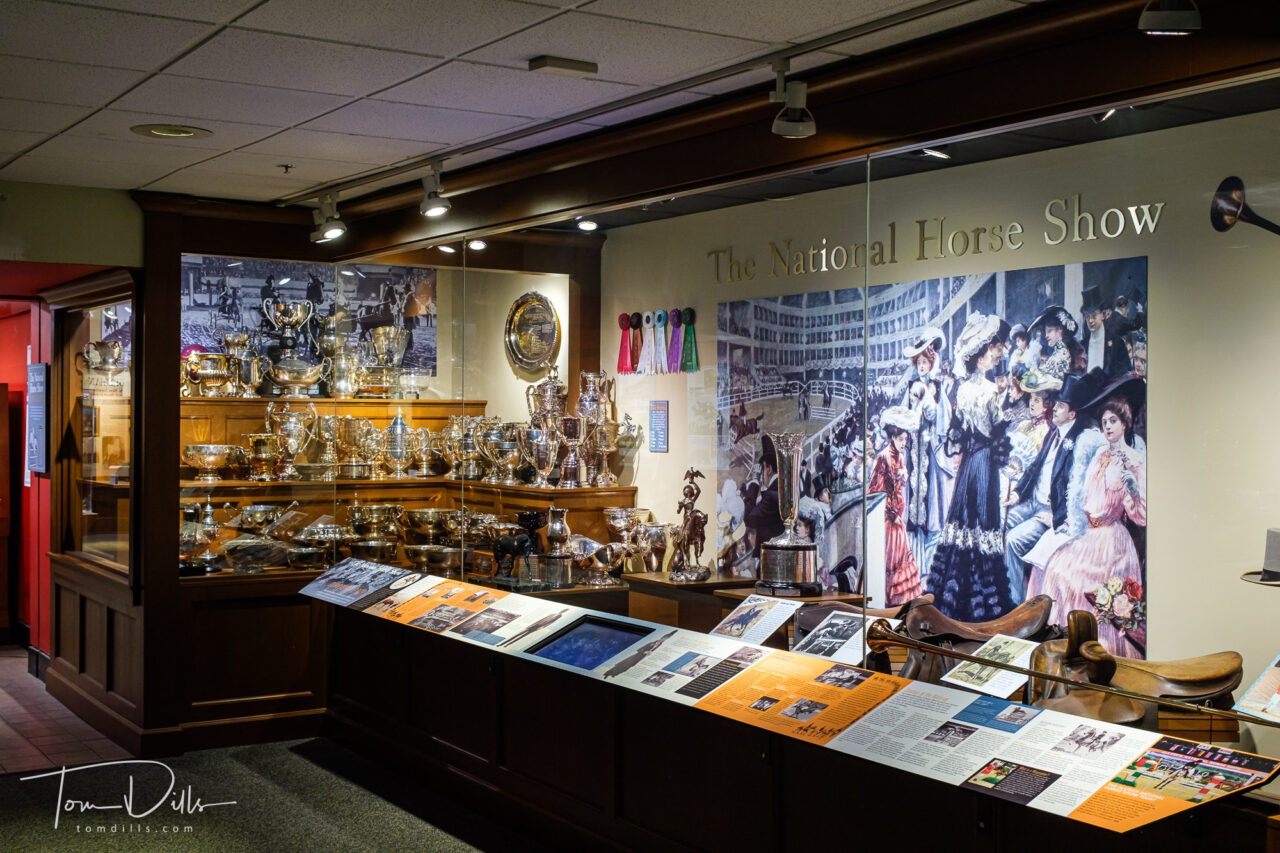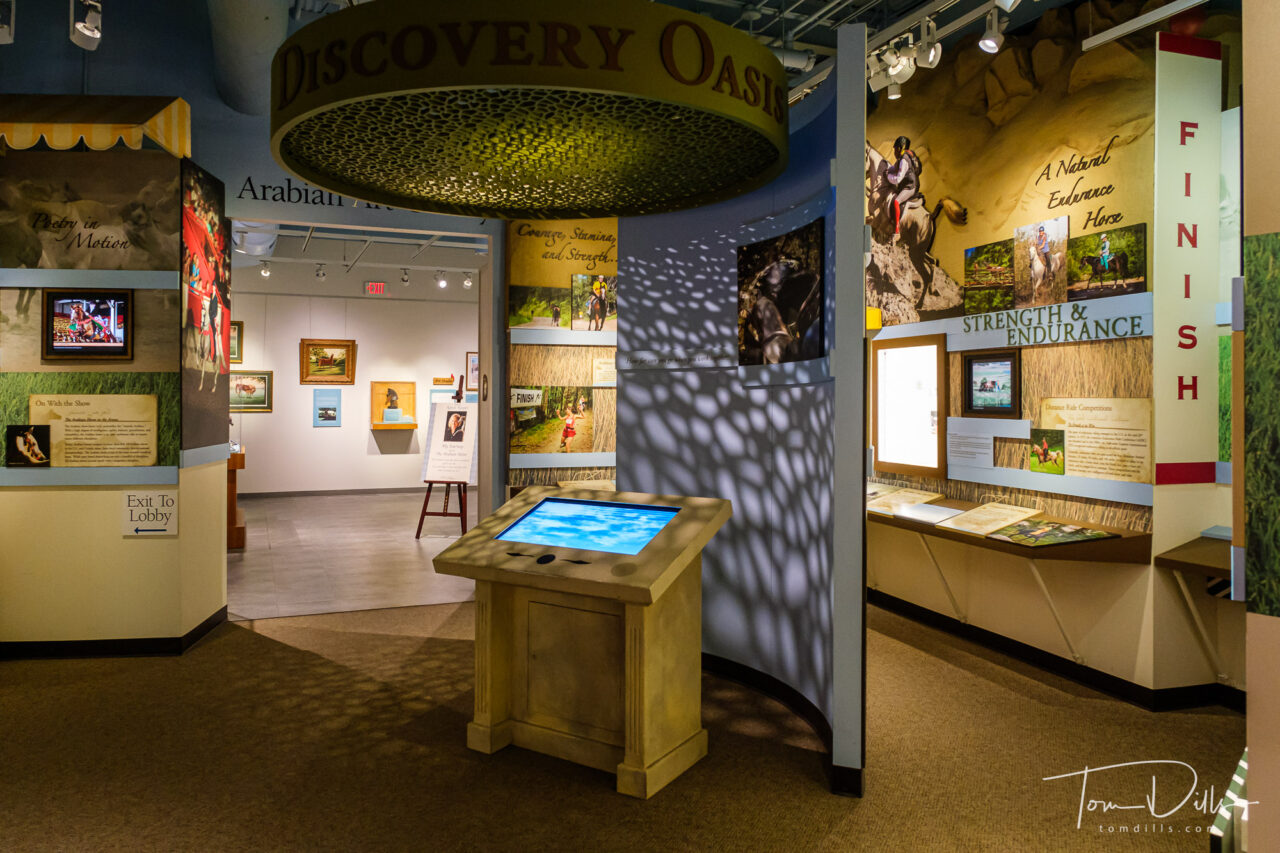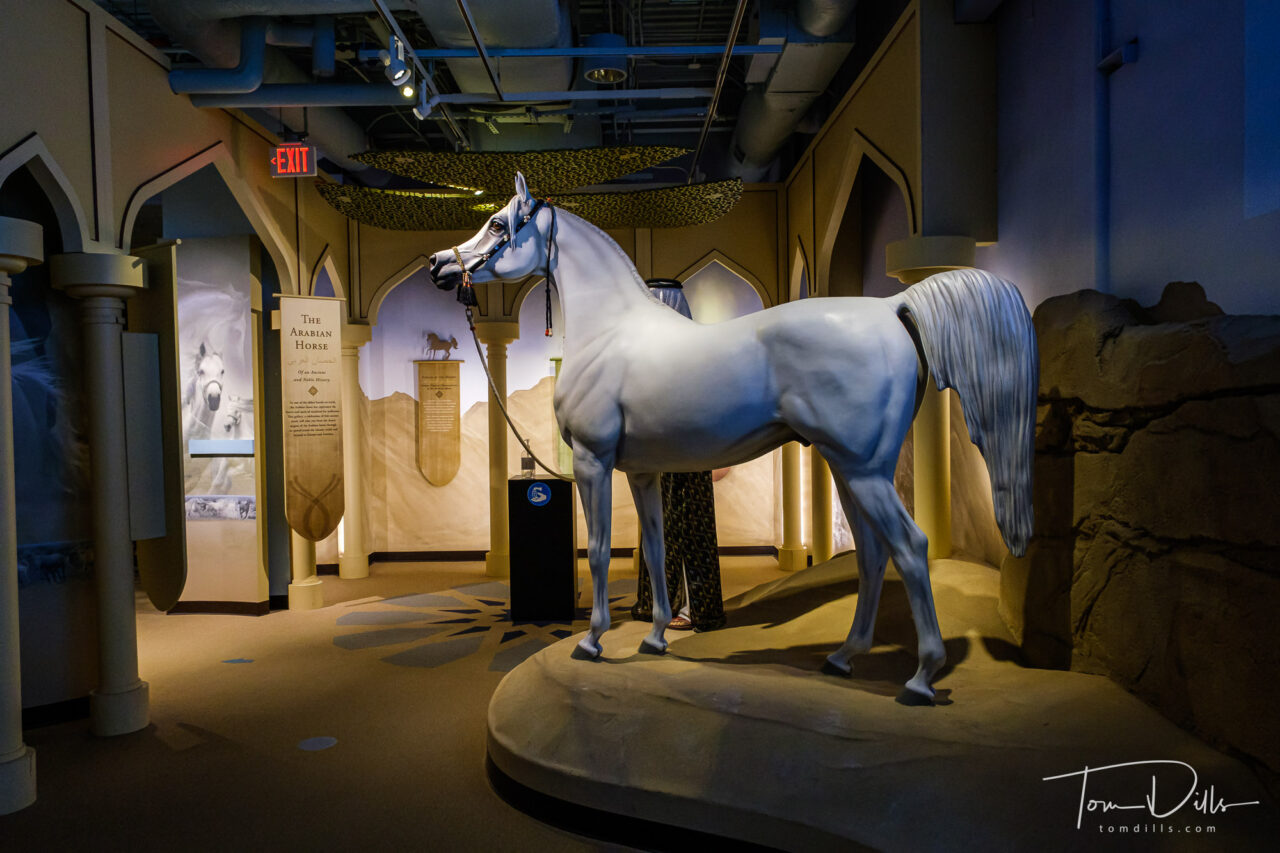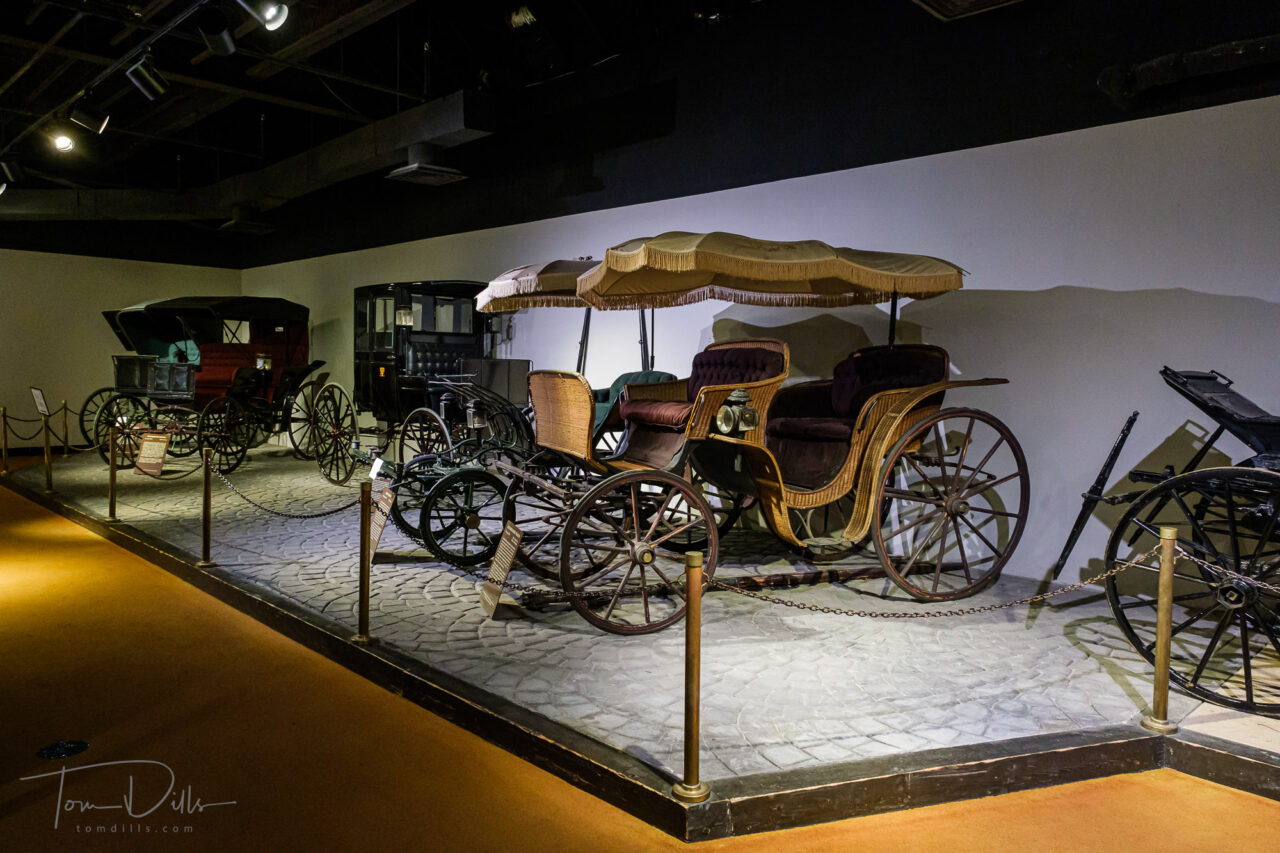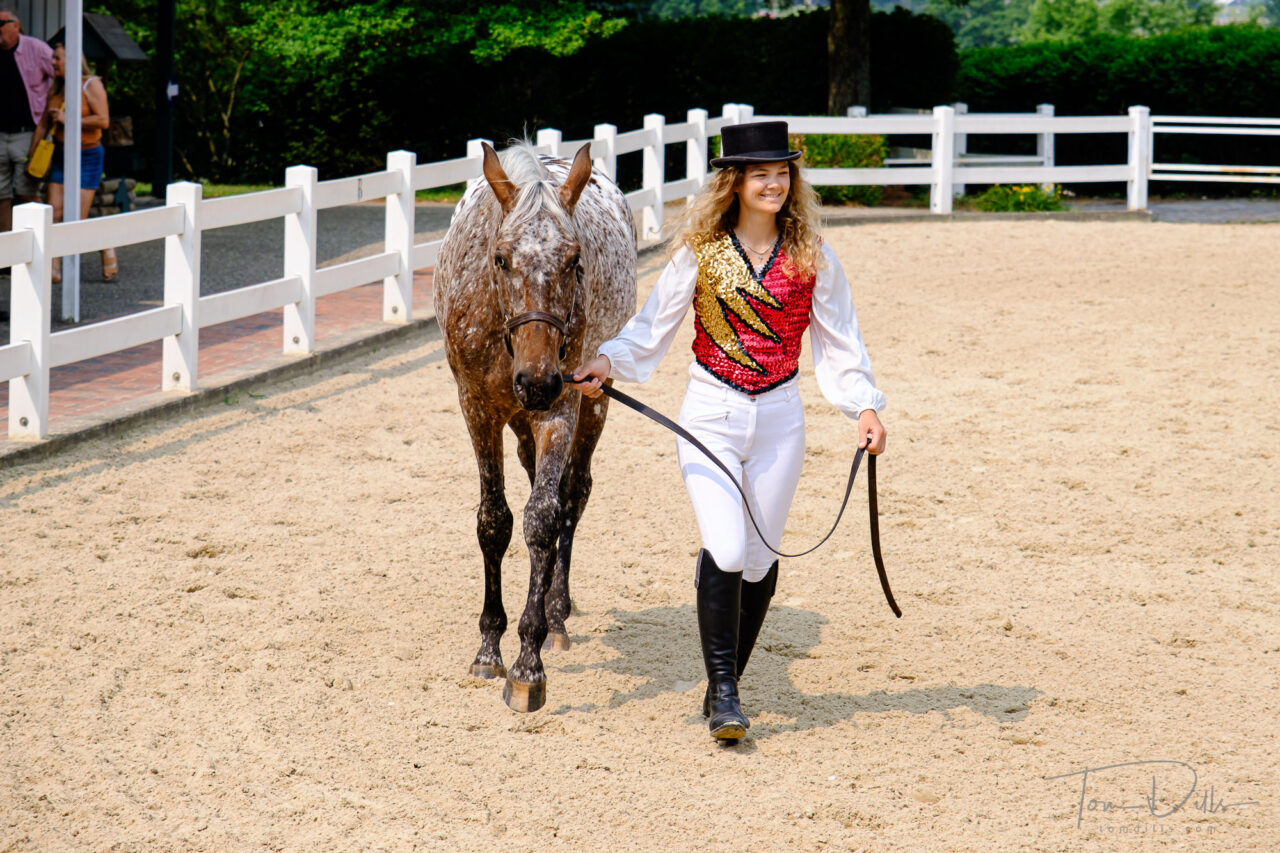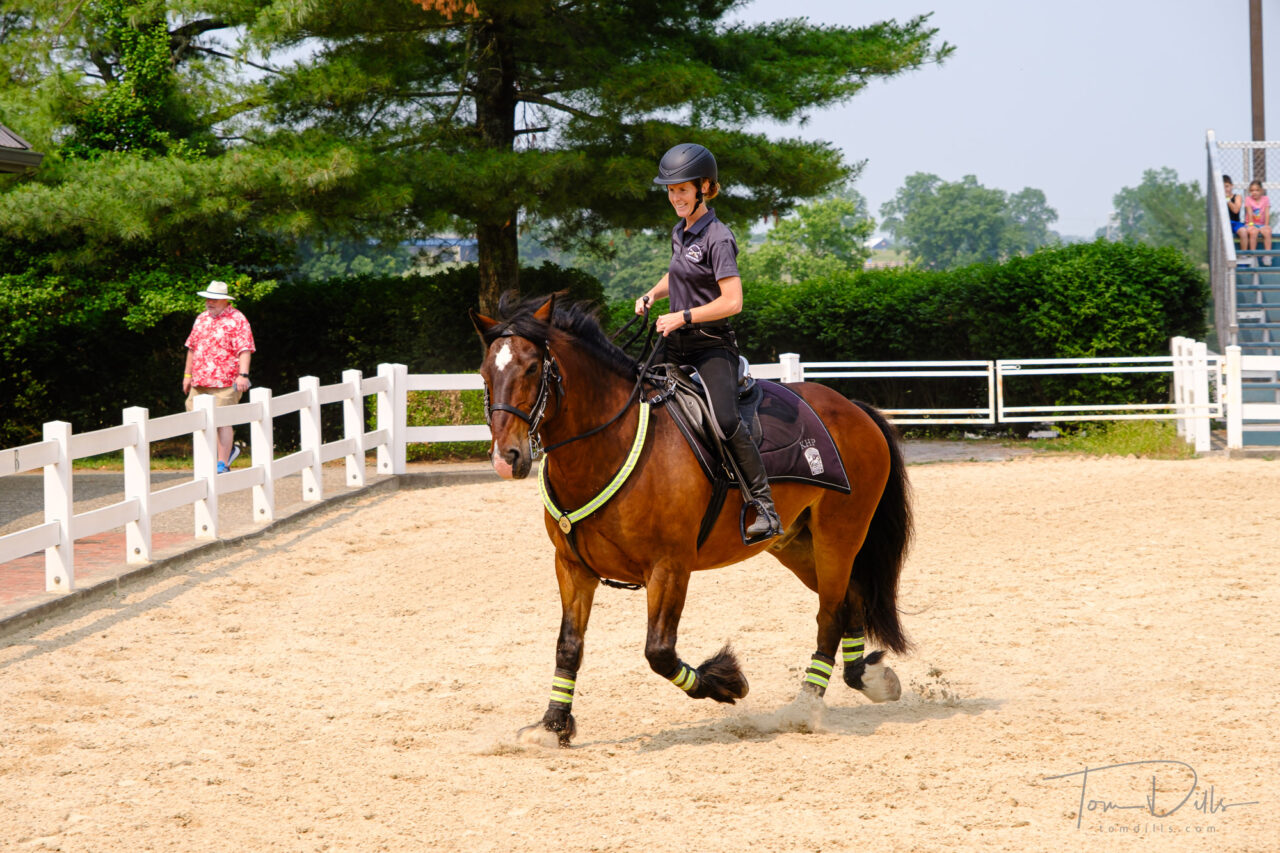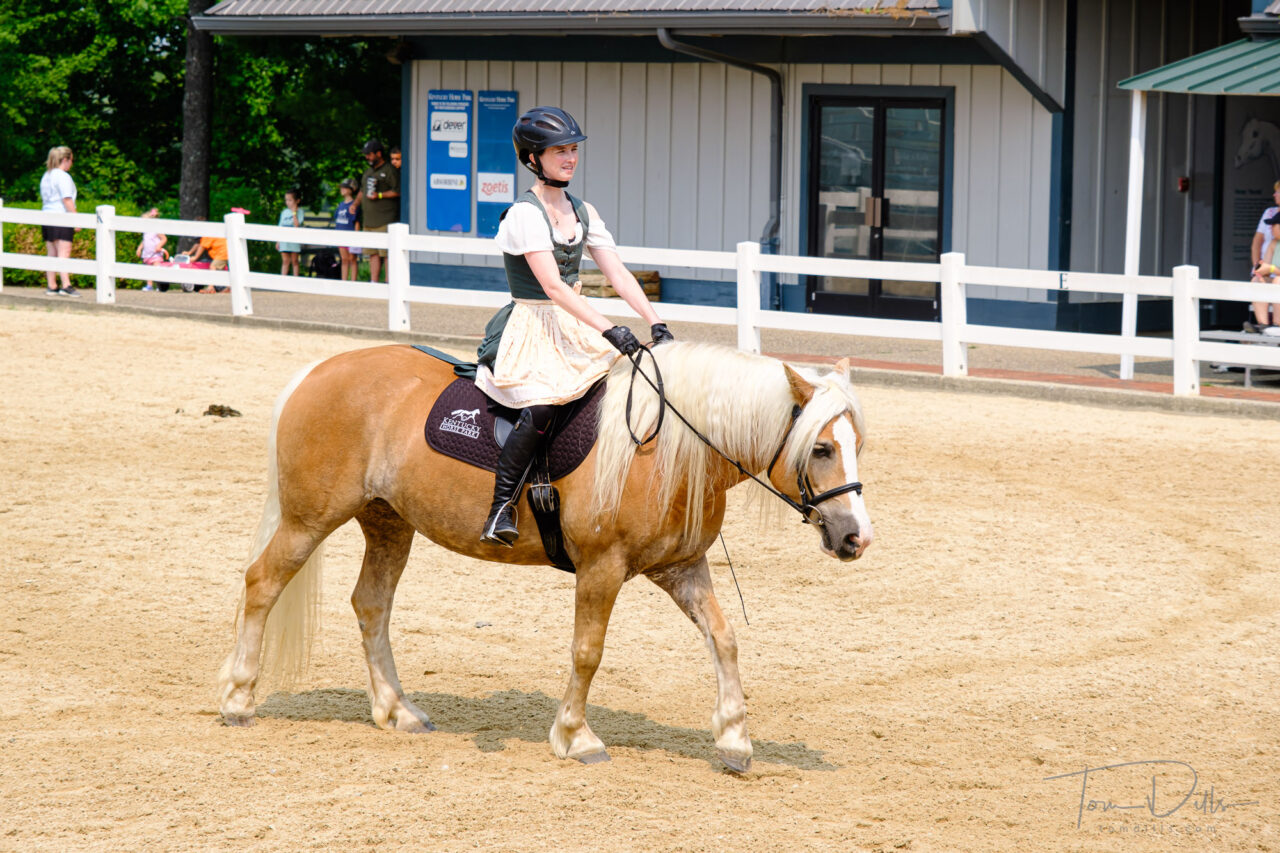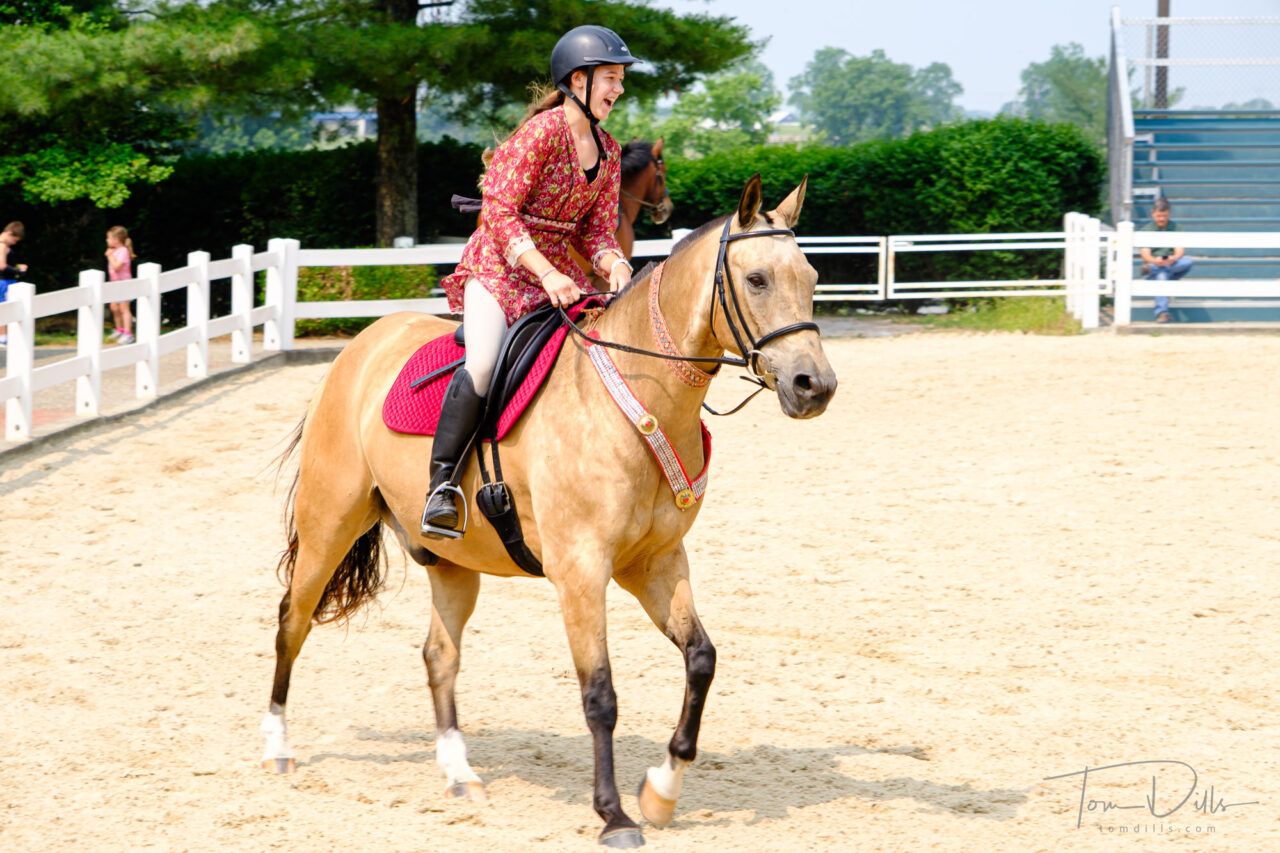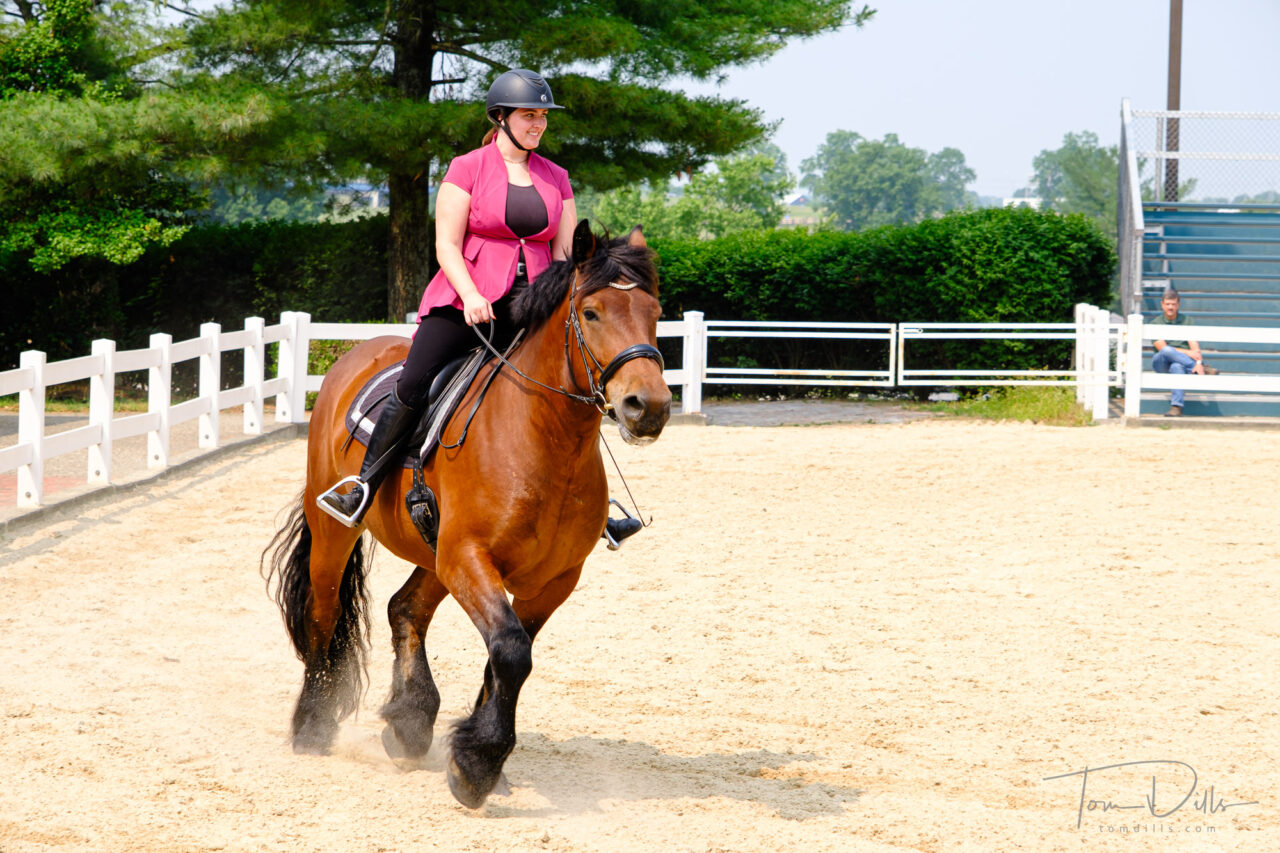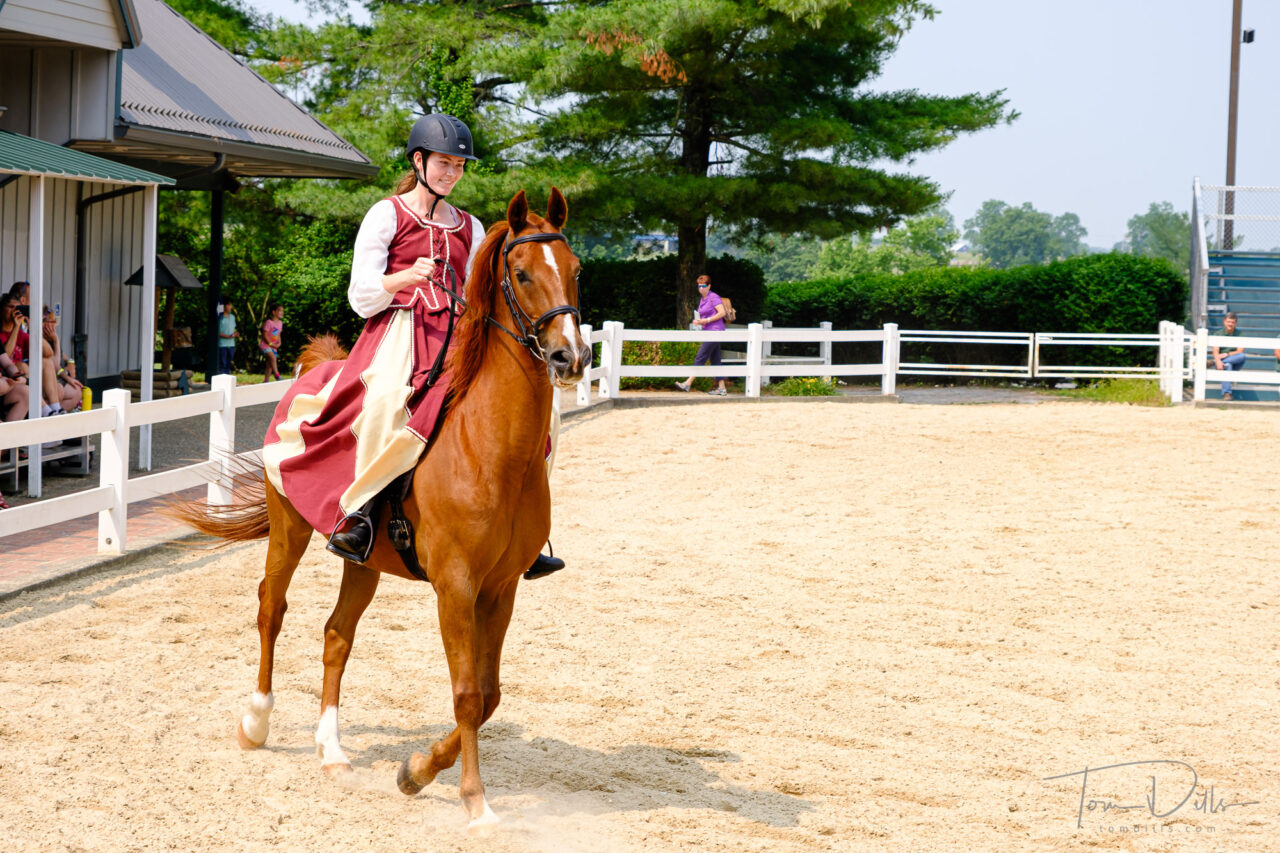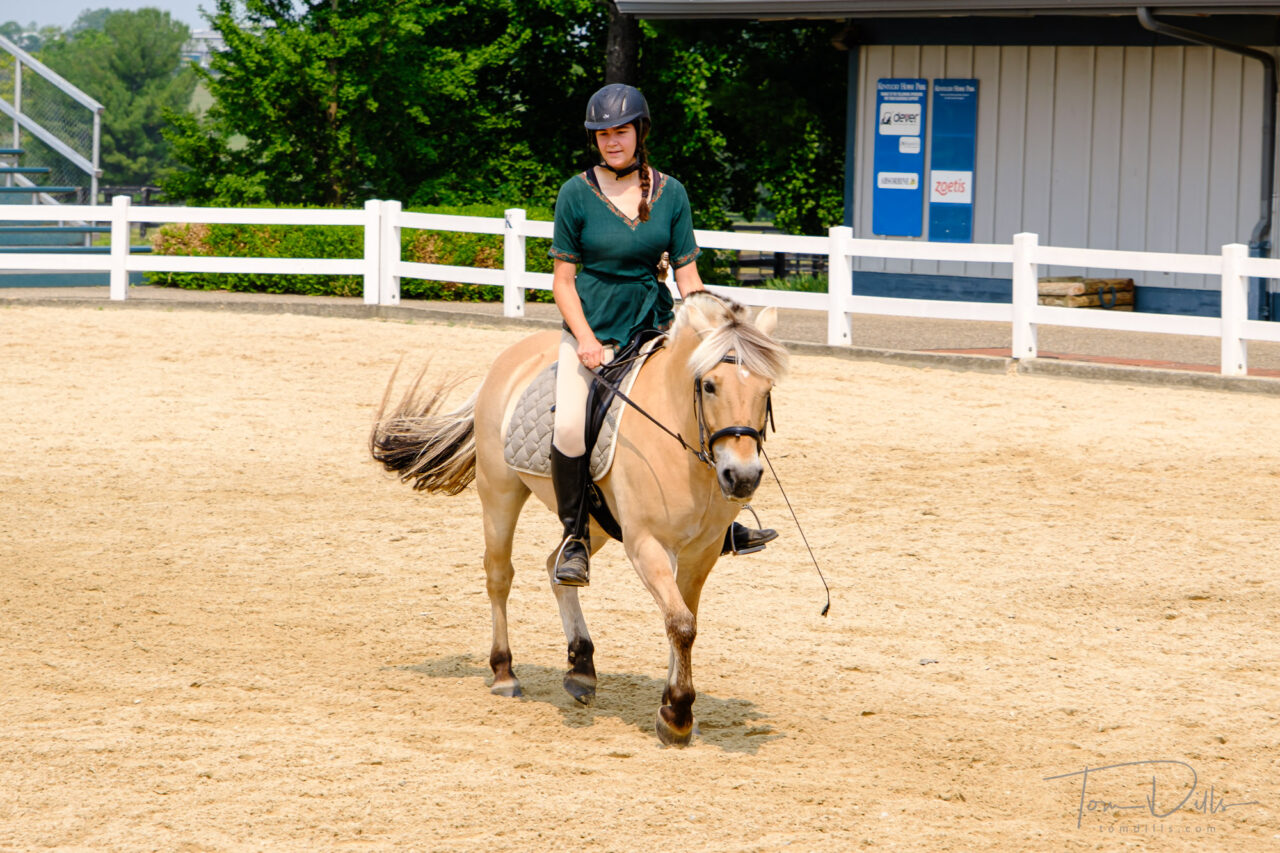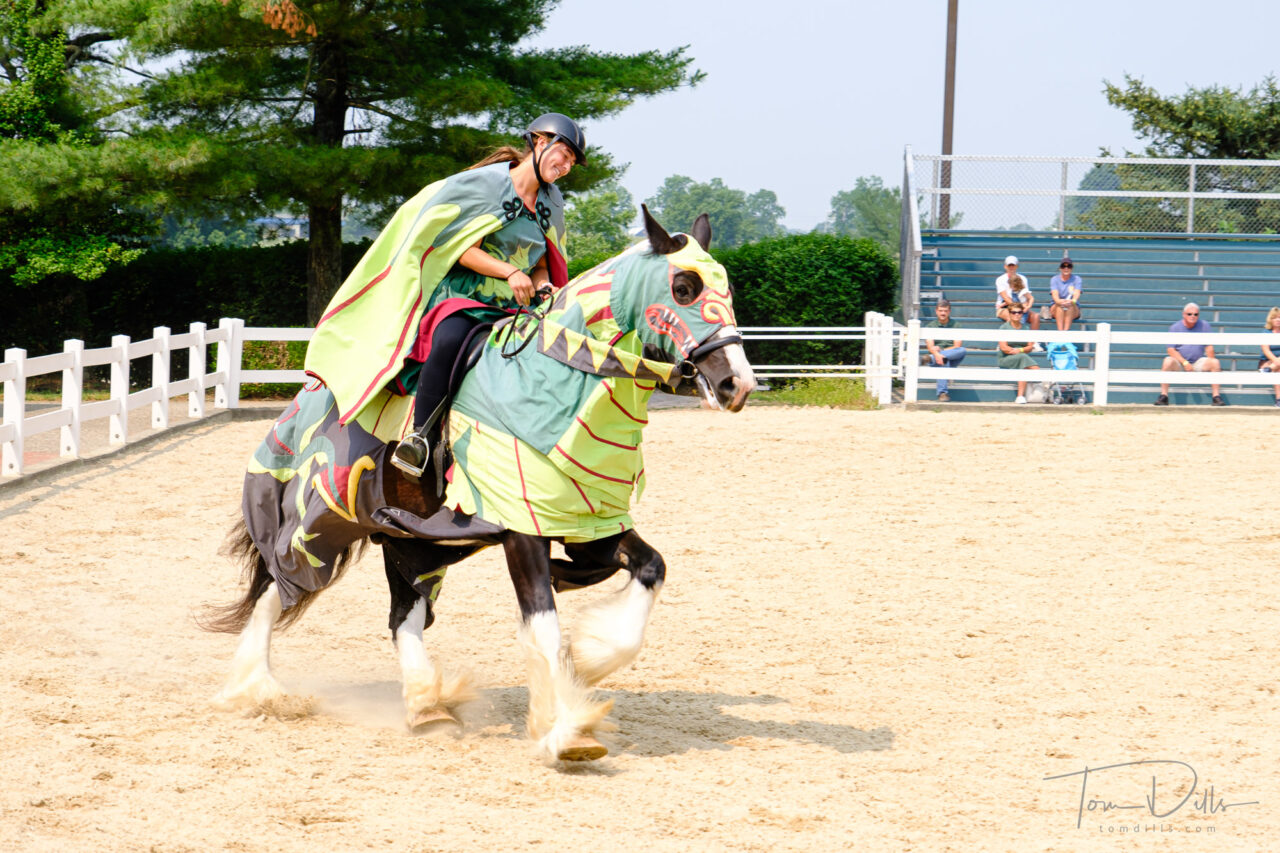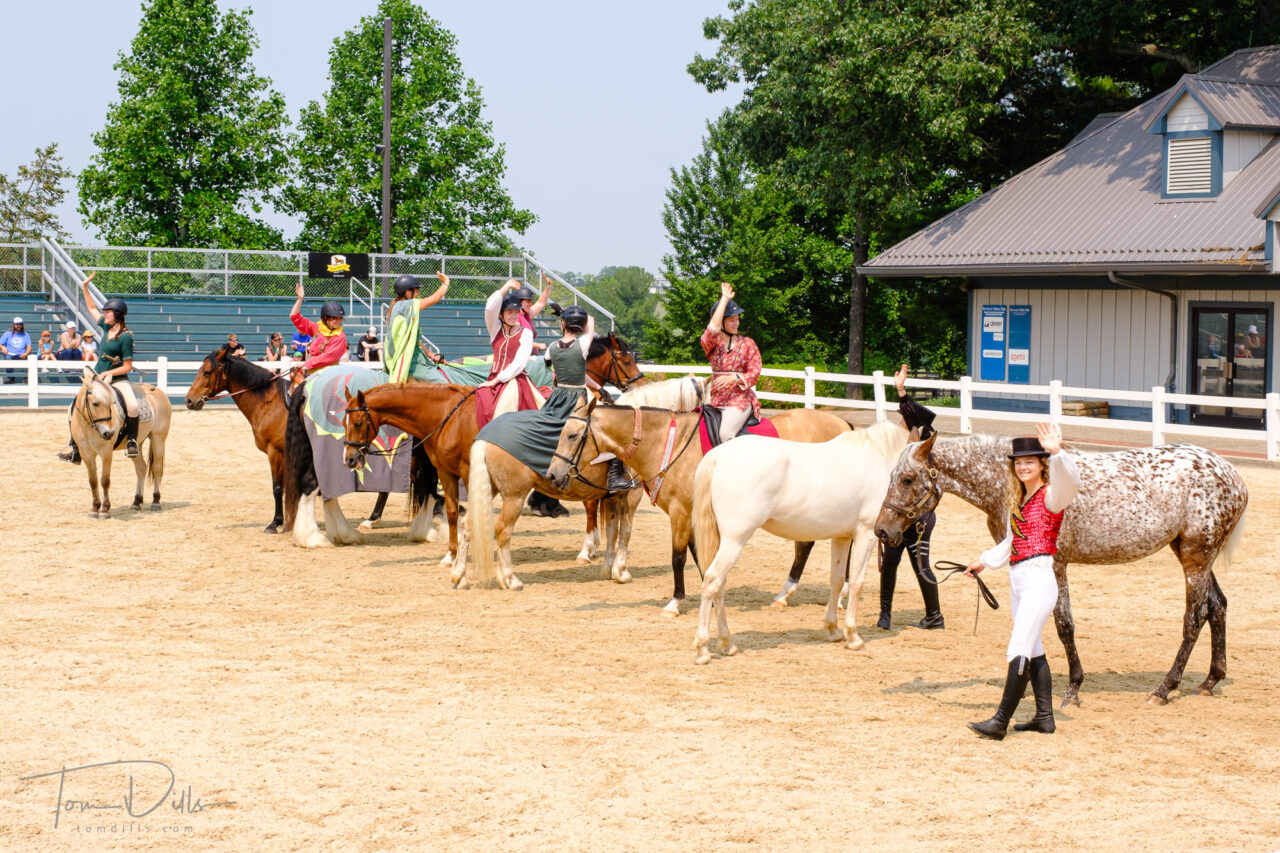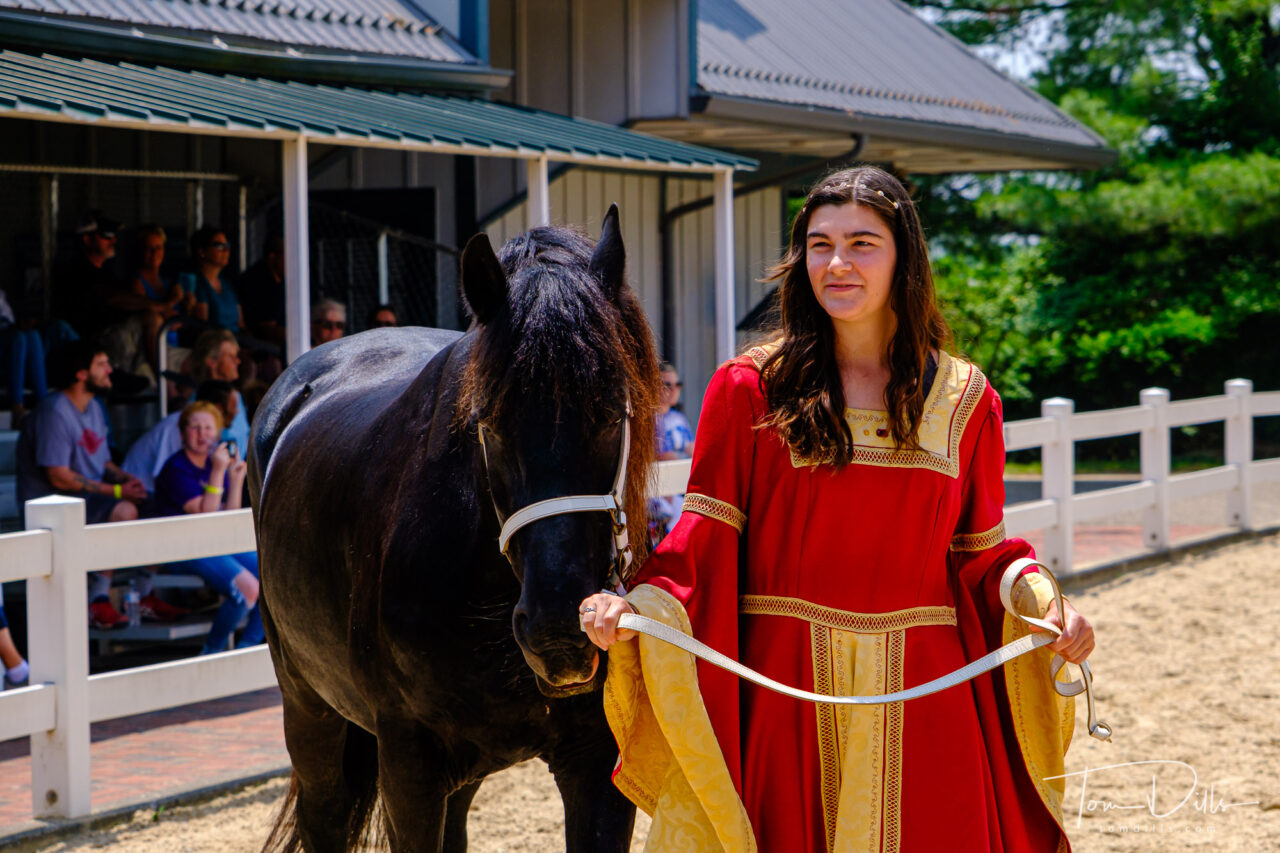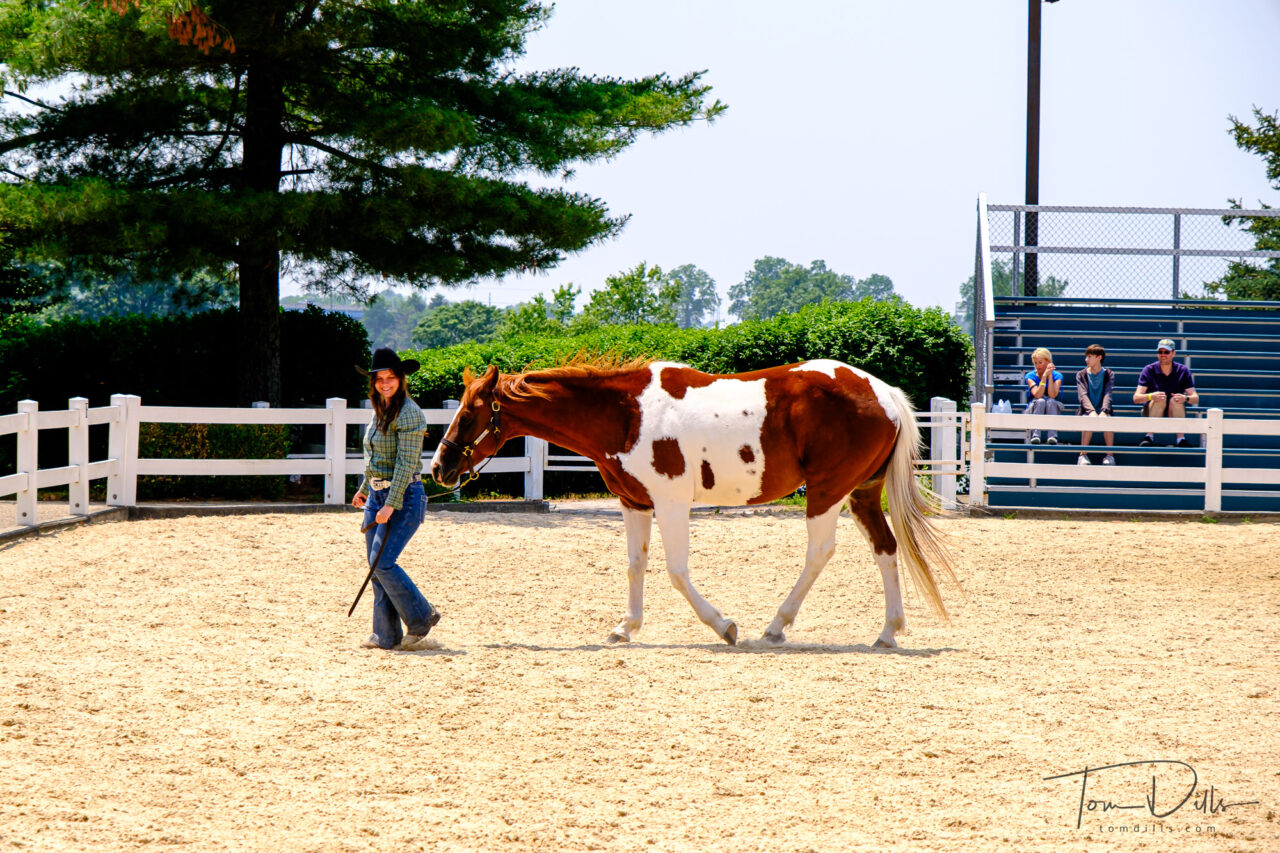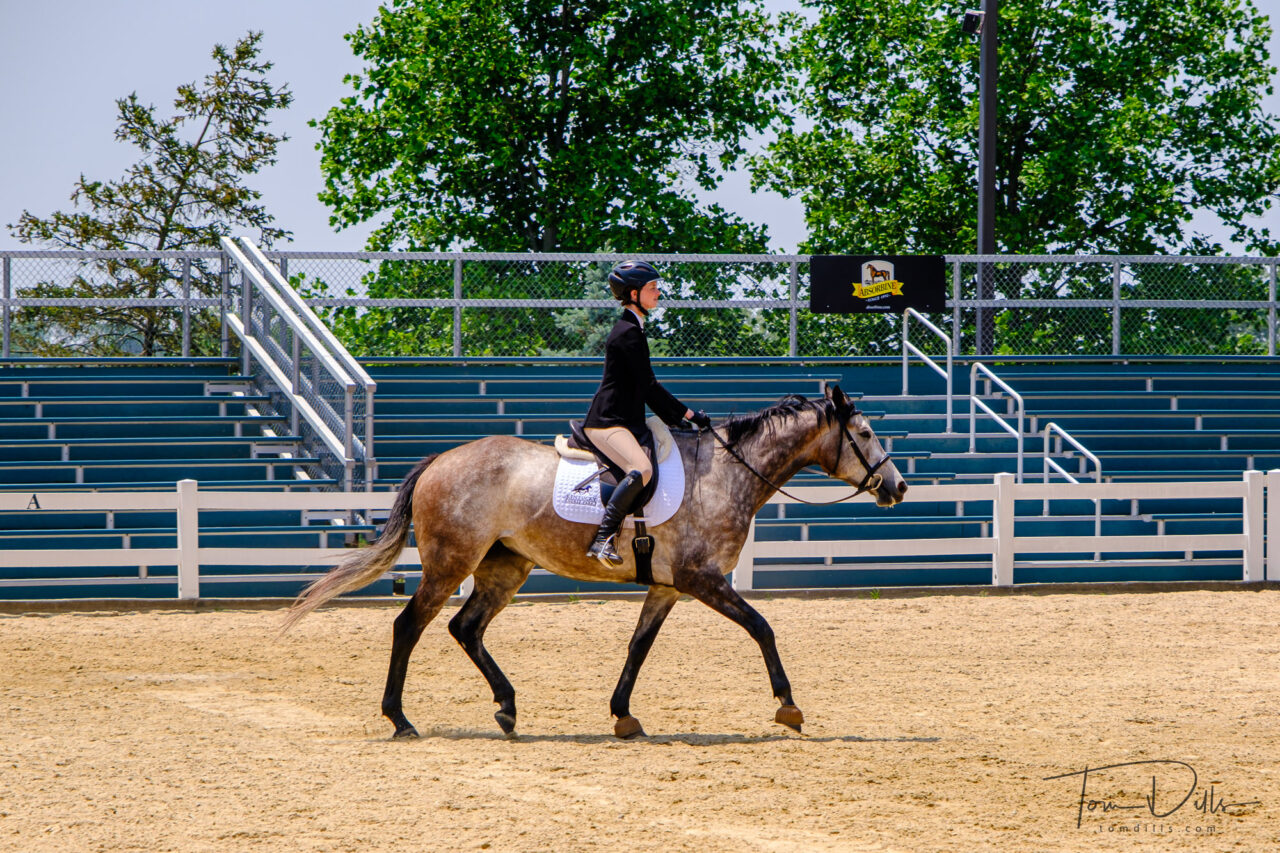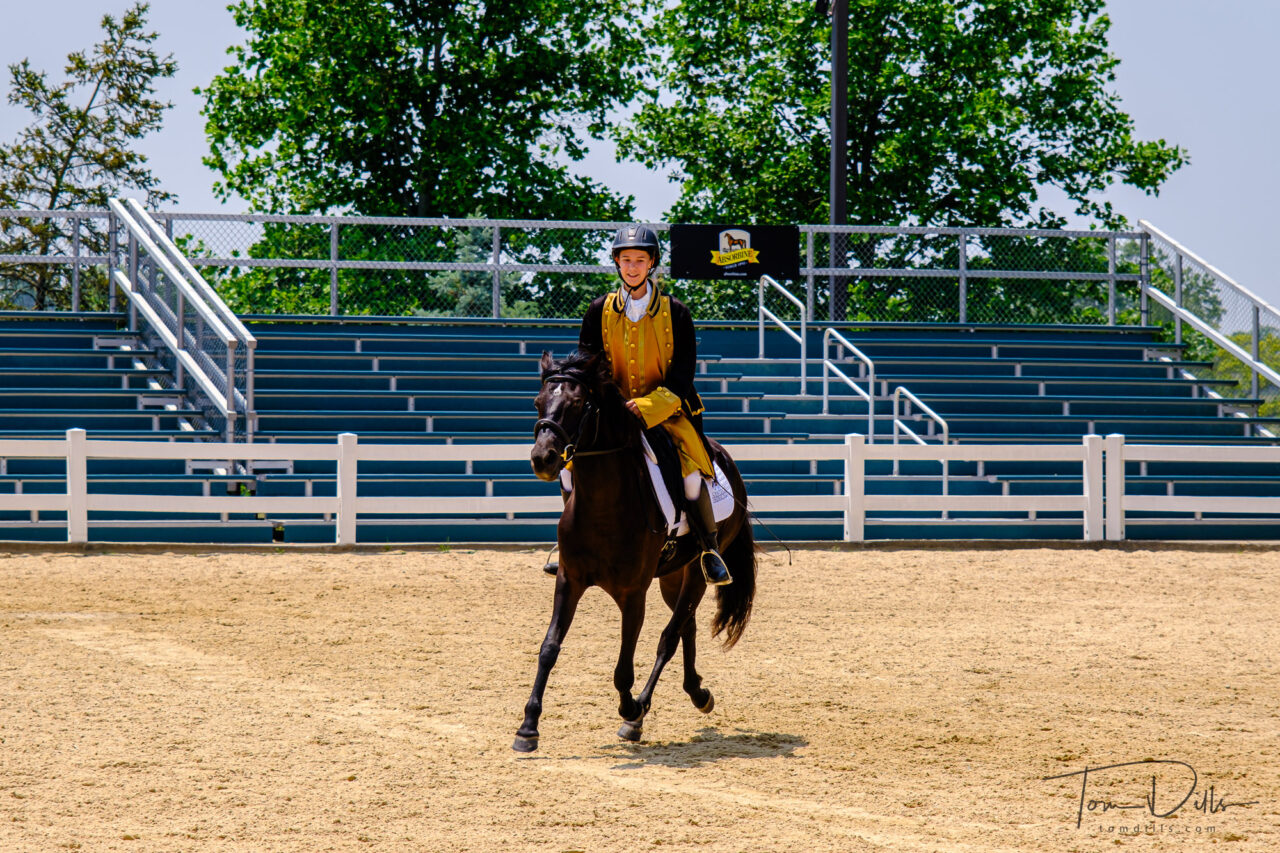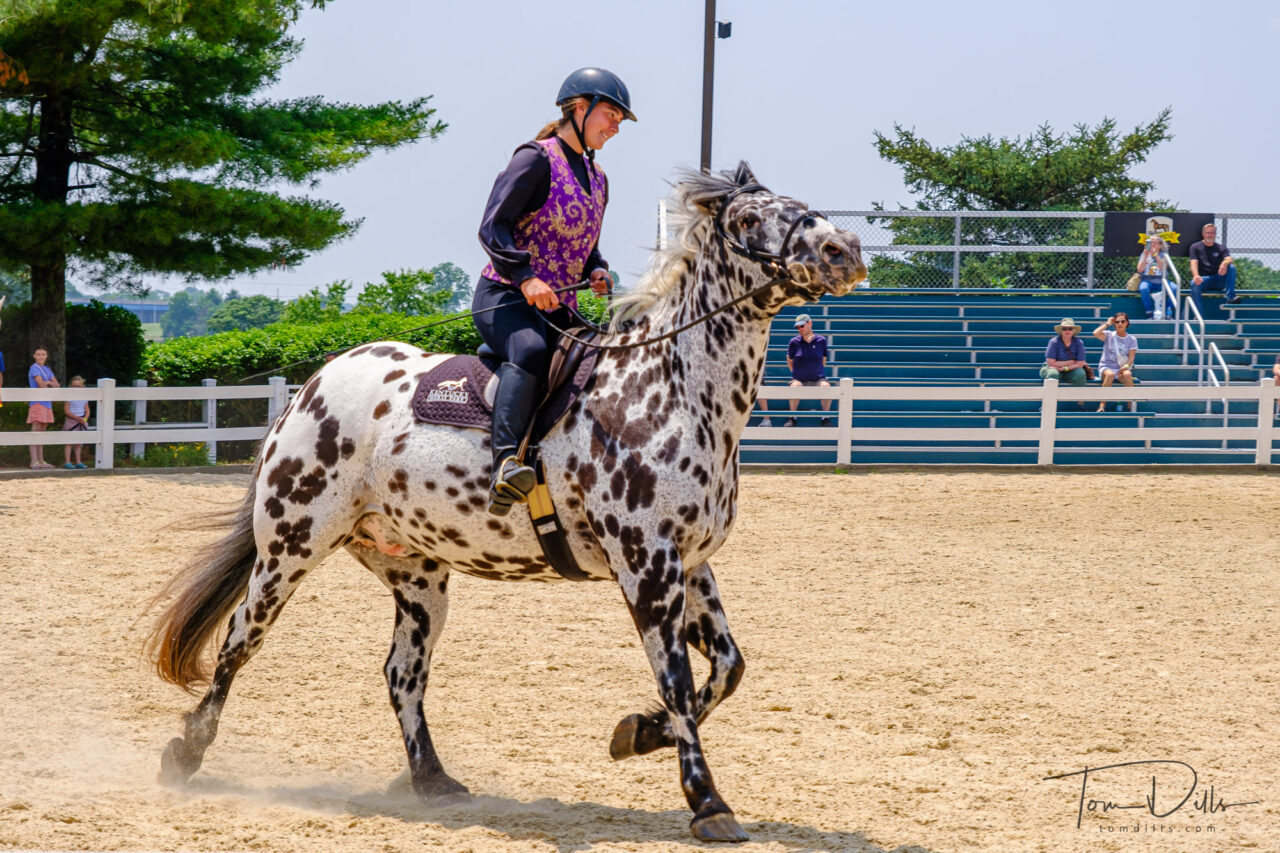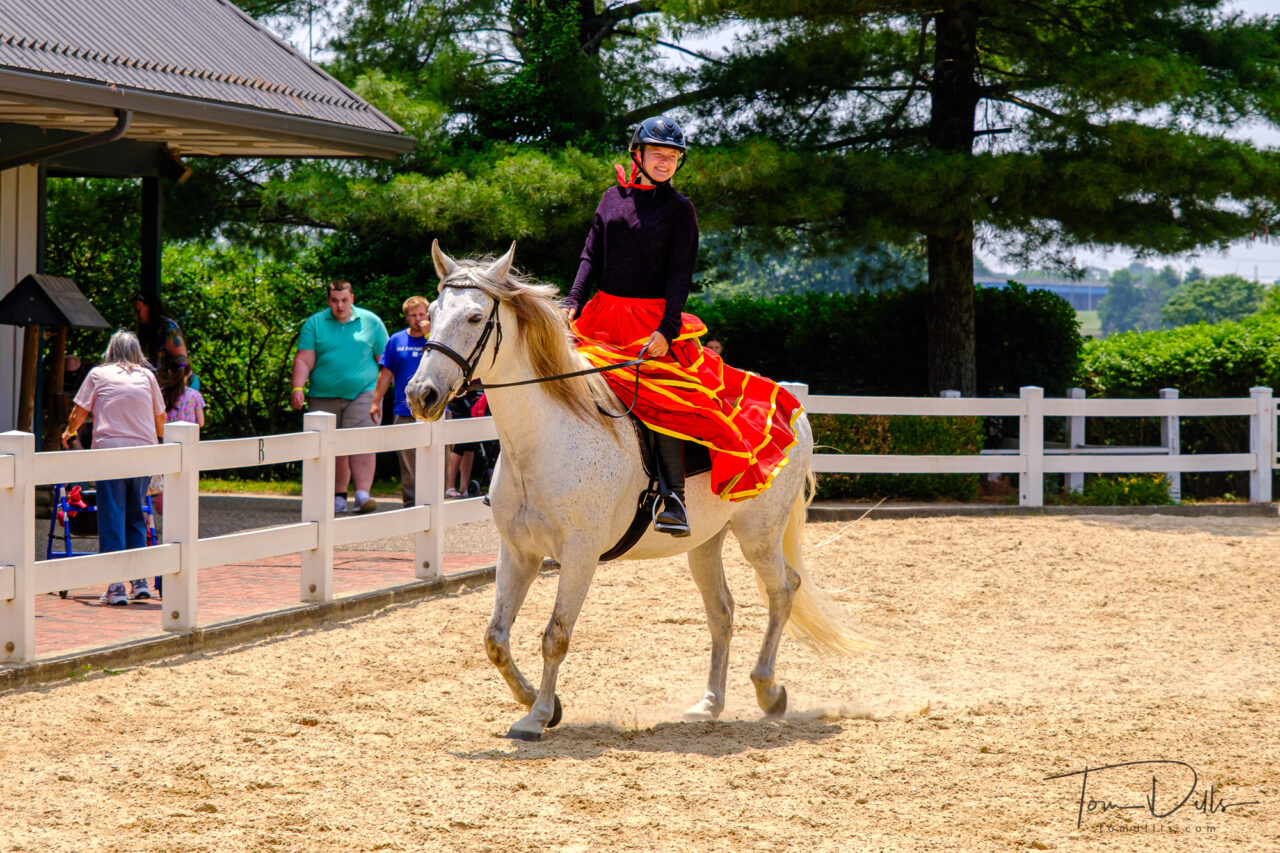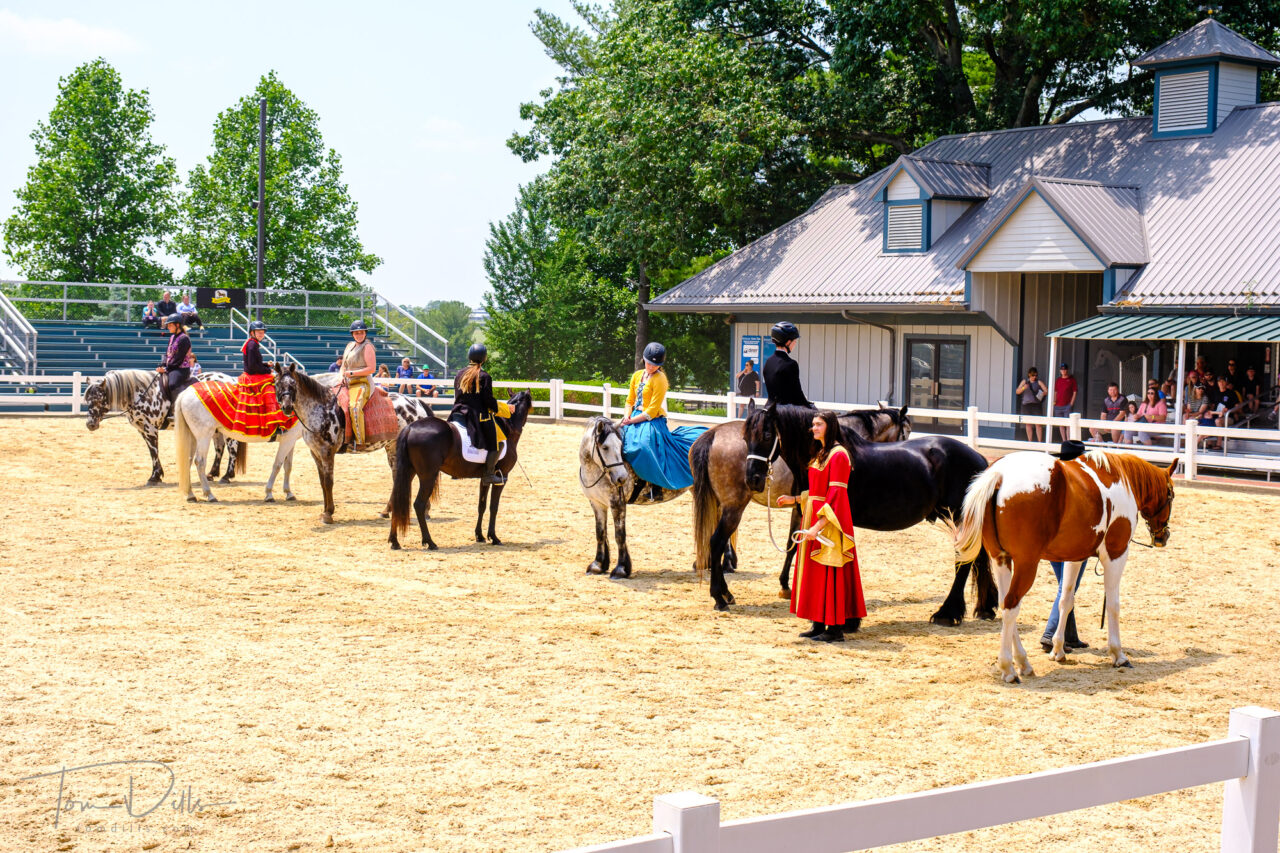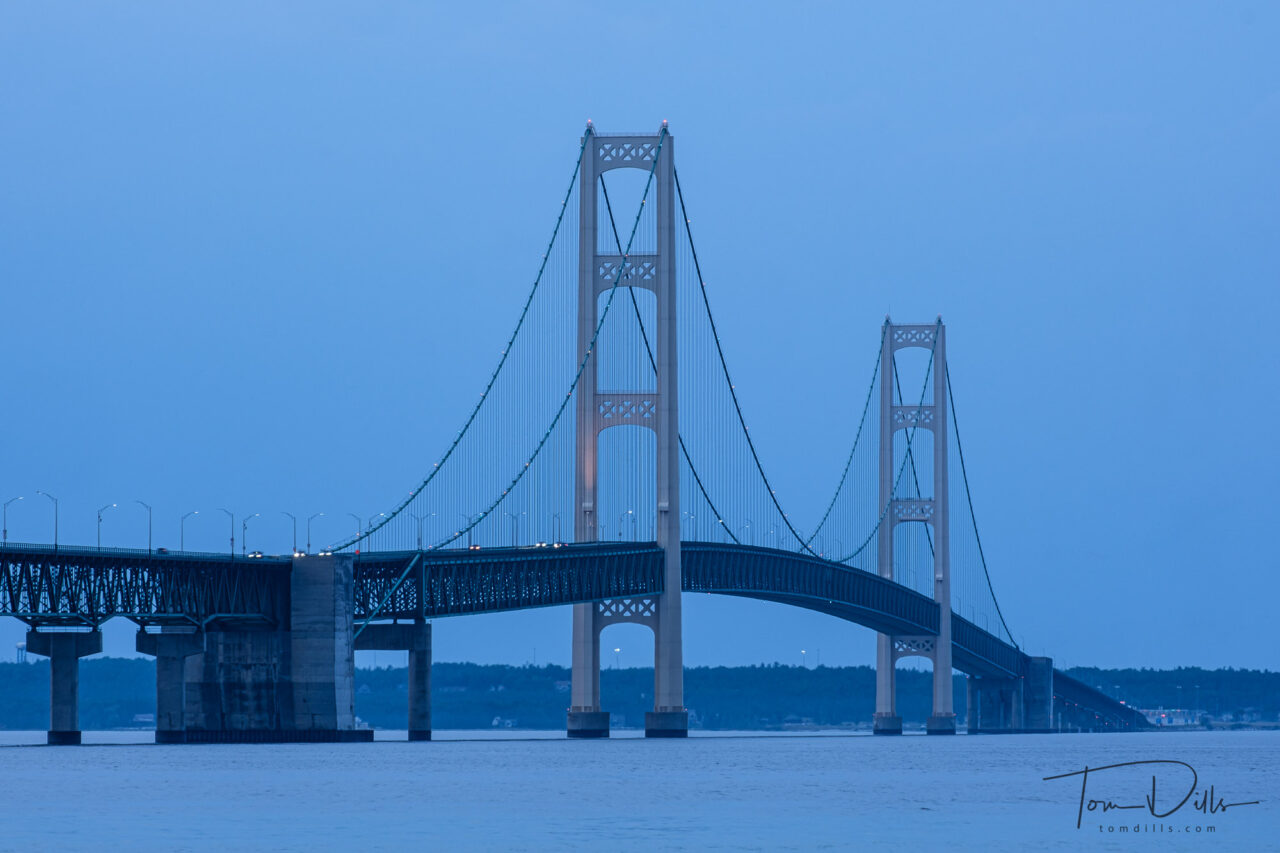
In order to get to the U.P. of Michigan from Ohio we needed to either cross the Mackinac Bridge or drive through Chicago. Easy choice, right? Because our backsides get tired if we try to stretch the drive too far and we also had some other things we wanted to do on the way, we decided to find a place to stop. Looking at our options, it seemed like either Mackinaw City on the south side of the Straits of Mackinac, or St. Ignace on the north side, would be good options. We chose Mackinaw City. Note the different spellings – it can be confusing to use the right one, but they are all pronounced the same – MAC-in-aw.
The Straits of Mackinac mark the dividing line between Lake Huron on the east side and Lake Michigan on the west side.
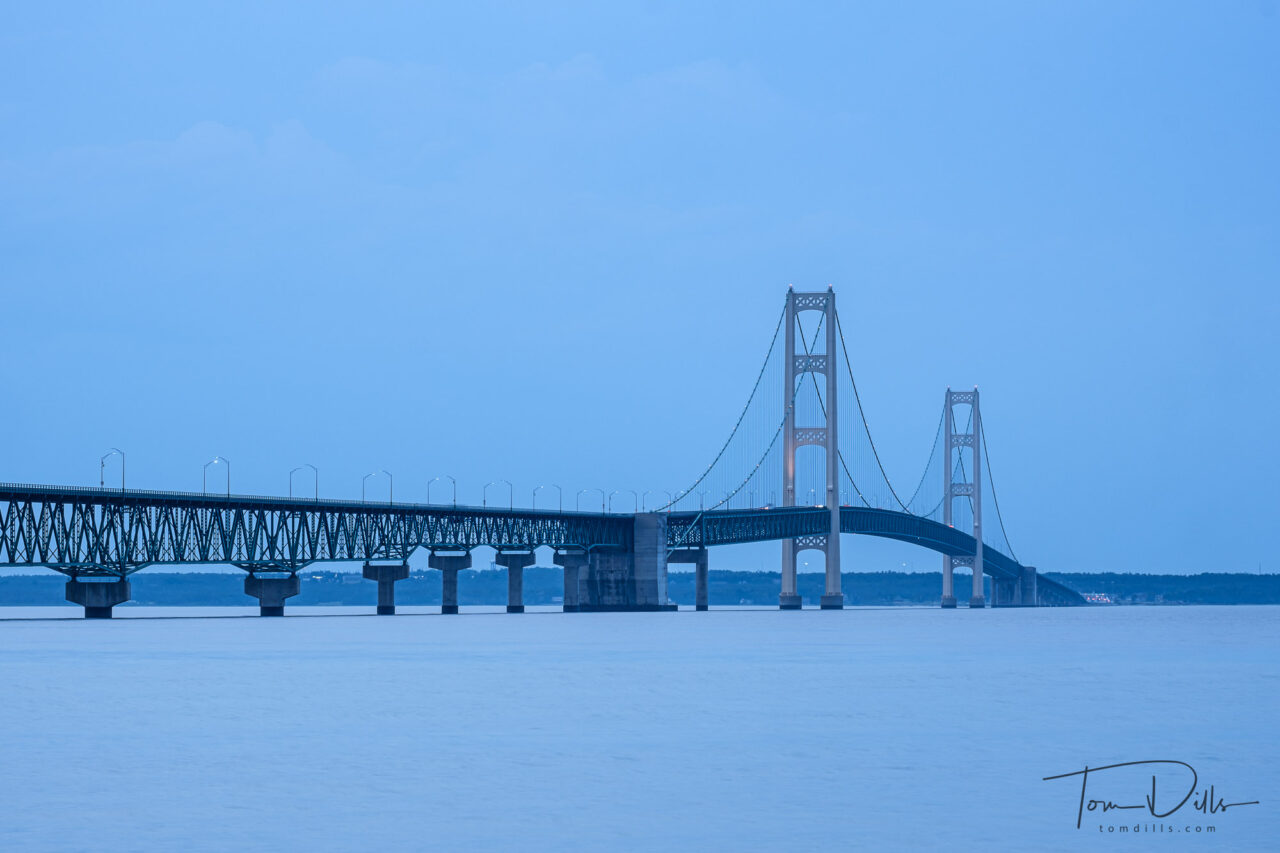
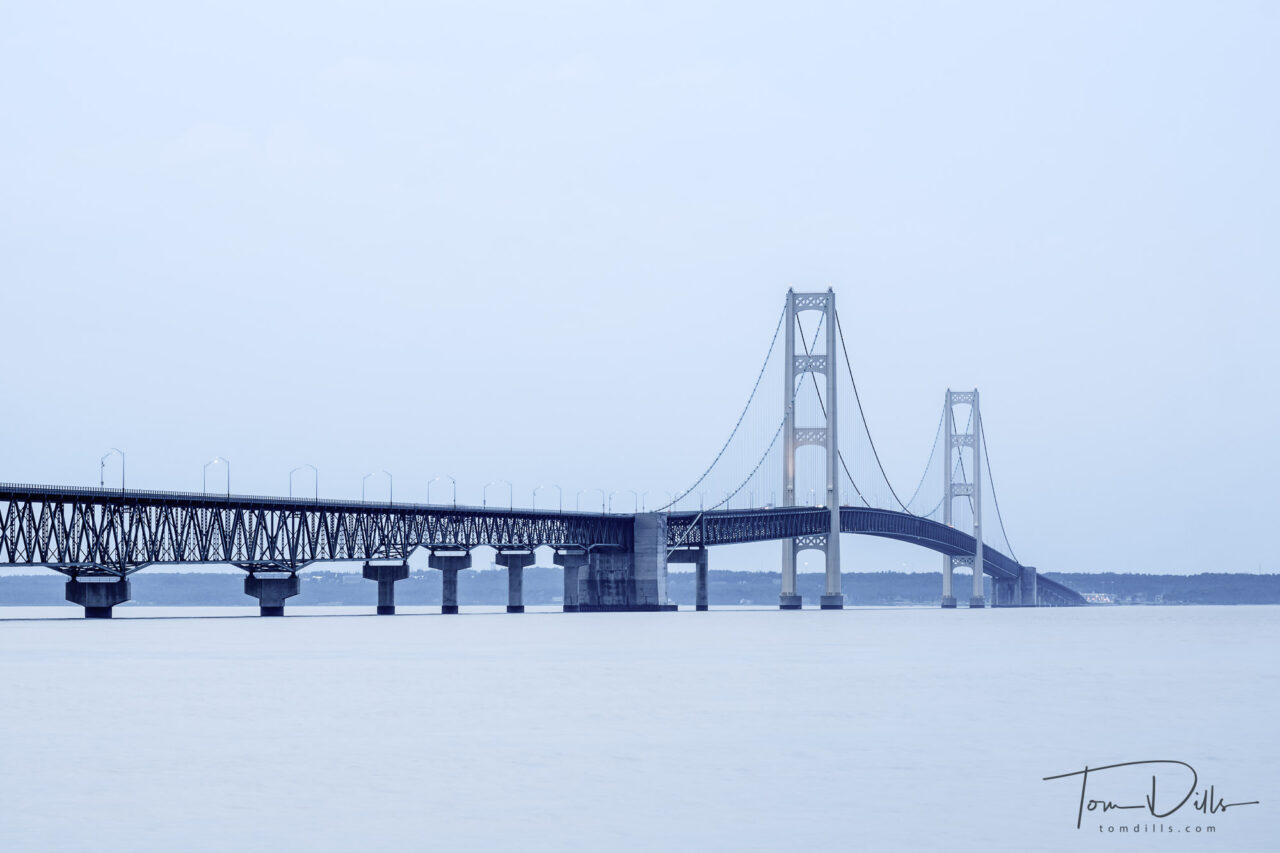
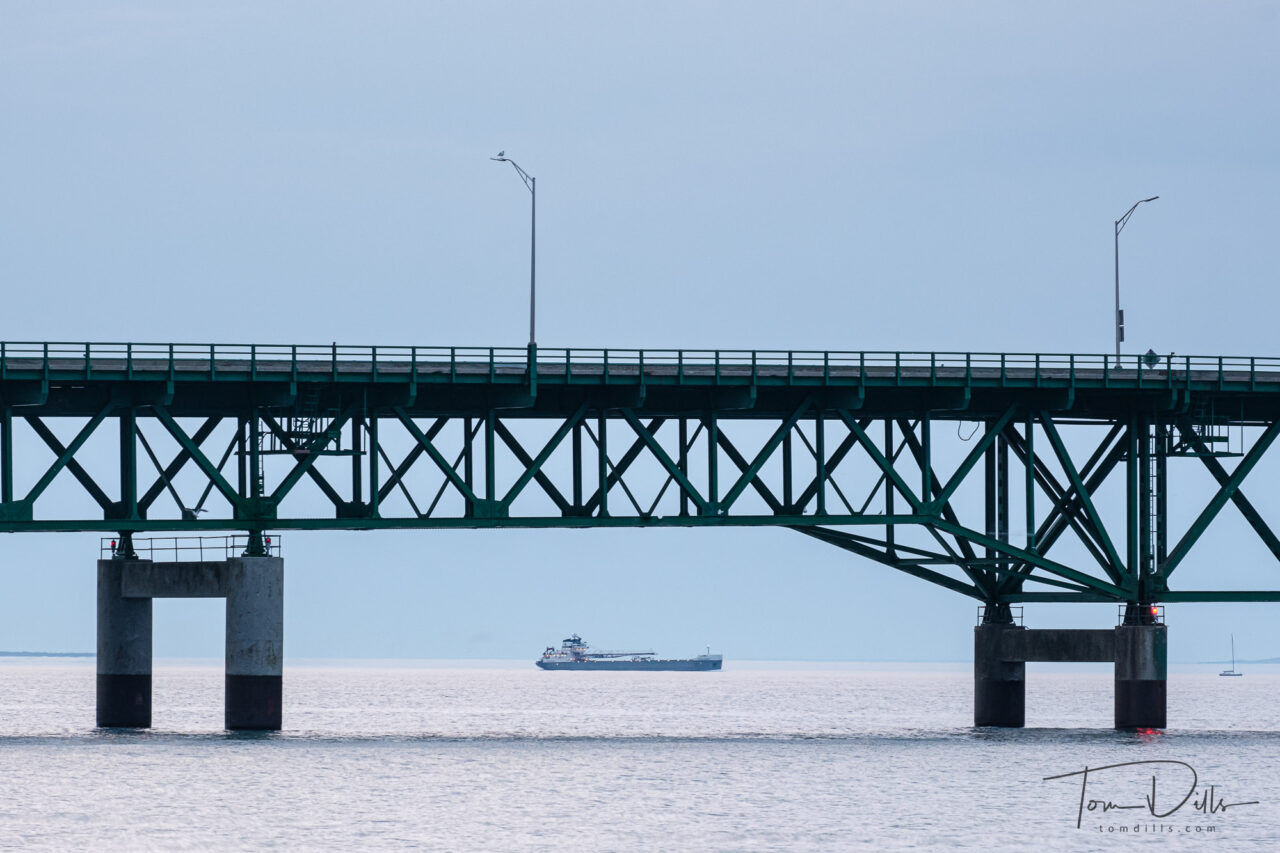
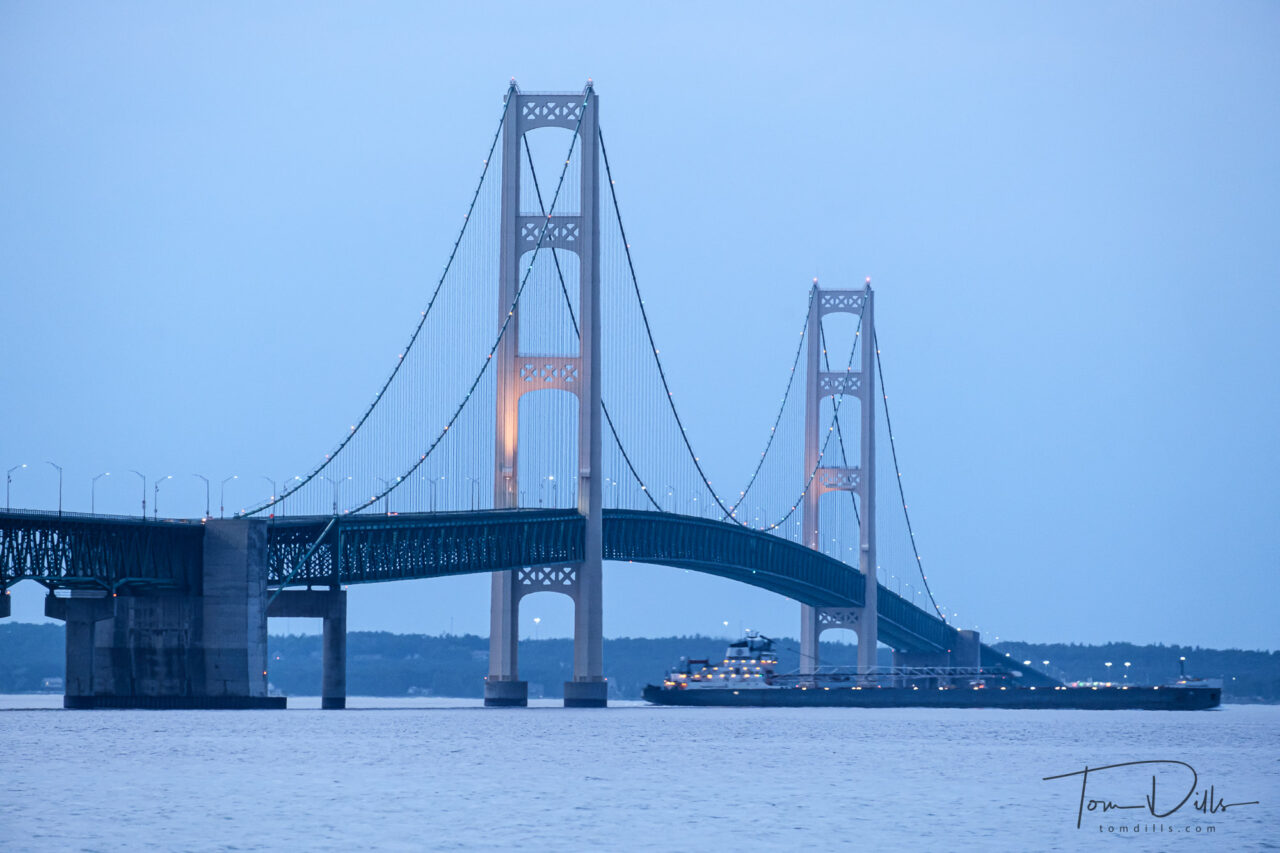
We only had one evening there, and it turned out to be quite cloudy. The light was very flat and blue, but I did with it what I could. It was the first real world trial of my newly purchased tripod, and it appears to have performed quite well. I did have a few cases where the photos are blurry, but they are long exposures where I forgot to turn off my image stabilization. I know the manual says you don’t need to, that the lenses are smart enough to know, but I’ve found that to be dubious.
From Wikipedia:
The Mackinac Bridge, also referred to as the Mighty Mac or Big Mac, is a suspension bridge that connects the Upper and Lower peninsulas of the U.S. state of Michigan. It spans the Straits of Mackinac, a body of water connecting Lake Michigan and Lake Huron, two of the Great Lakes. Opened in 1957, the 26,372-foot/4.995 mi/8.038 km long bridge is the world’s 27th-longest main span and is the longest suspension bridge between anchorages in the Western Hemisphere. The Mackinac Bridge is part of Interstate 75 and the Lake Michigan and Huron components of the Great Lakes Circle Tour across the straits; it is also a segment of the U.S. North Country National Scenic Trail. The bridge connects the city of St. Ignace to the north with the village of Mackinaw City to the south.
Envisioned since the 1880s, the bridge was designed by the engineer David B. Steinman and completed in 1957 only after many decades of struggles to begin construction. The bridge has since become an iconic symbol of the state of Michigan.
The bridge opened on November 1, 1957, connecting two peninsulas linked for decades by ferries. At the time, the bridge was formally dedicated as the “world’s longest suspension bridge between anchorages”, allowing a superlative comparison to the Golden Gate Bridge, which has a longer center span between towers, and the San Francisco–Oakland Bay Bridge, which has an anchorage in the middle.
It remains the longest suspension bridge with two towers between anchorages in the Western Hemisphere. Much longer anchorage-to-anchorage spans have been built in the Eastern Hemisphere, including the Akashi Kaikyō Bridge in Japan (6,532 ft or 1,991 m), but the long leadups to the anchorages on the Mackinac make its total shoreline-to-shoreline length of 26,372 feet — 28 feet short of five miles (8.0 km) — longer than the Akashi Kaikyo (2.4 mi or 3.9 km).
The length of the bridge’s main span is 3,800 feet (1,158 m), which makes it the third-longest suspension span in the United States and 27th longest suspension span worldwide. It is also one of the world’s longest bridges overall.
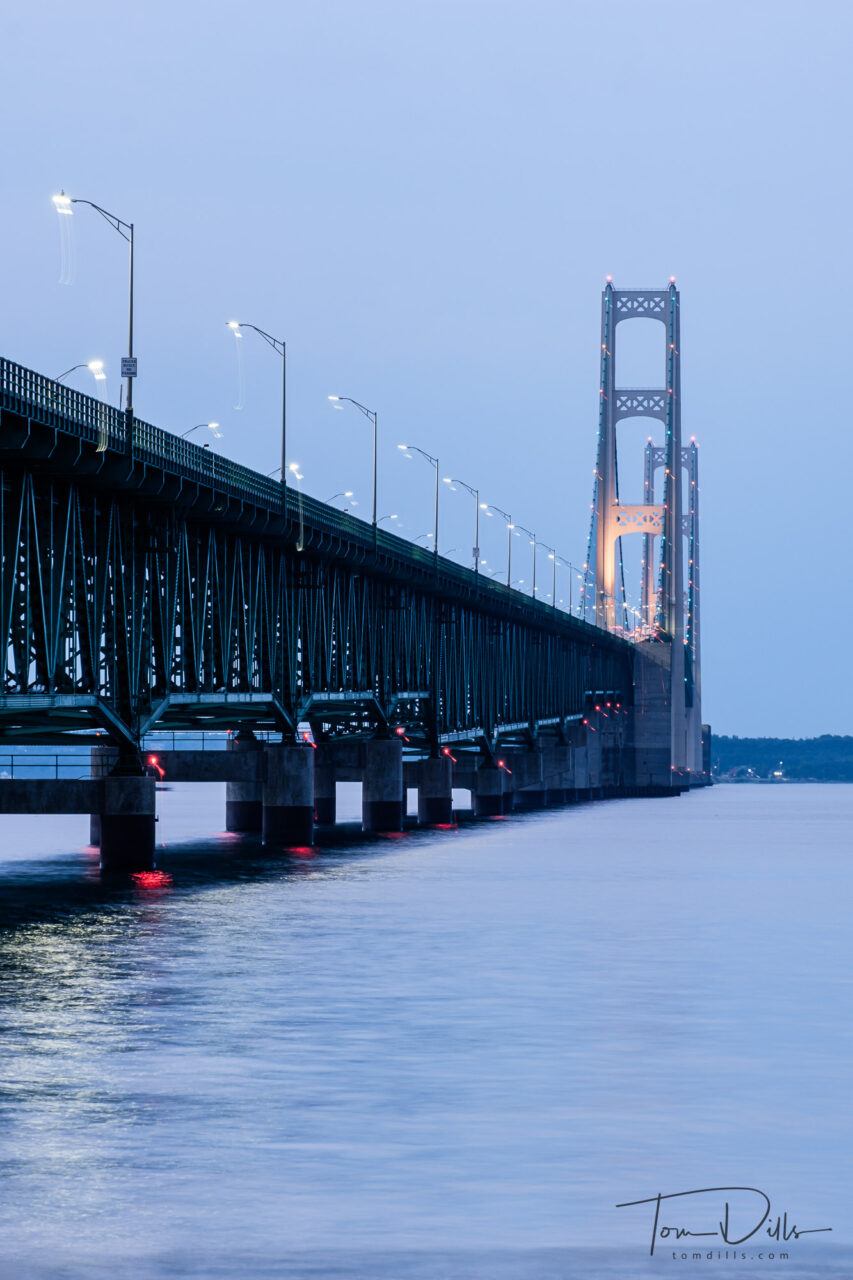
This photo I like very much, but I am puzzled by the trails below and to the right of all the lights. The bridge is in sharp focus, so all I can think is that the tripod must have slipped a little either at the very beginning or end of the 3 second exposure (3 seconds at f11, focal length 134.5mm) .

